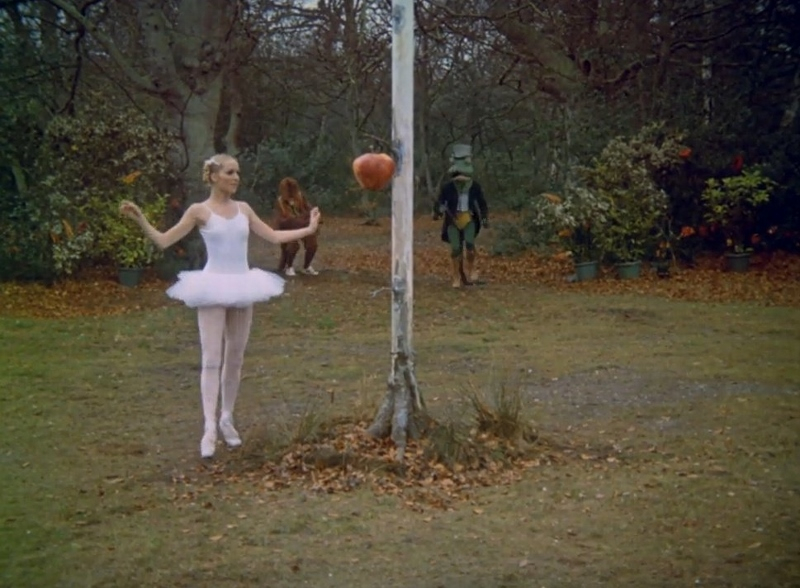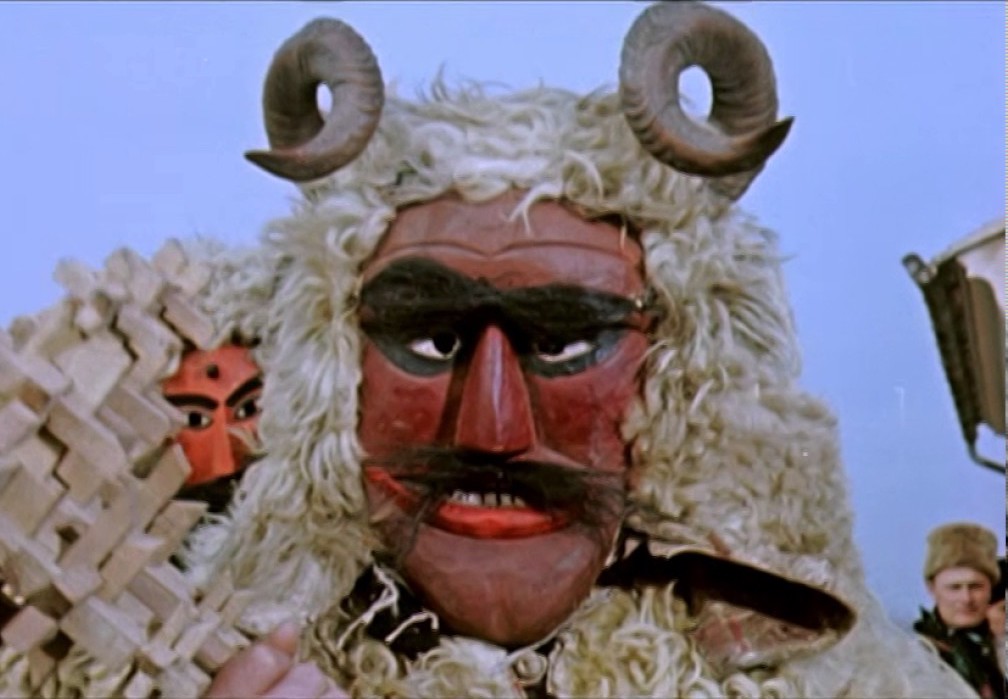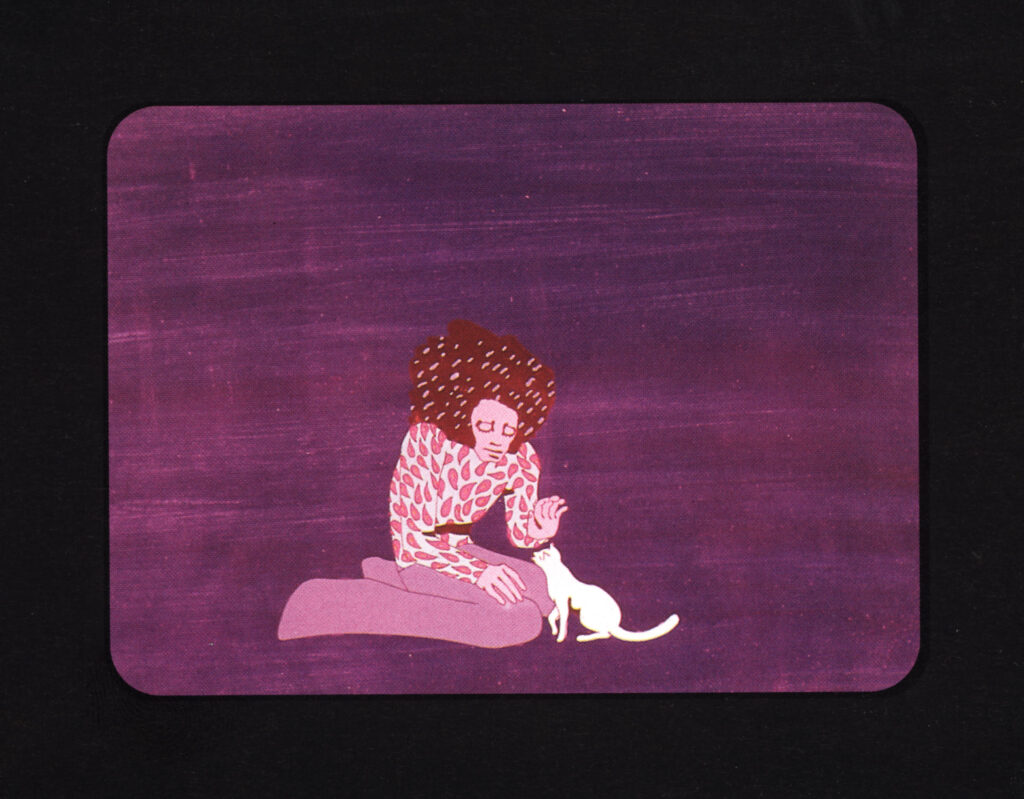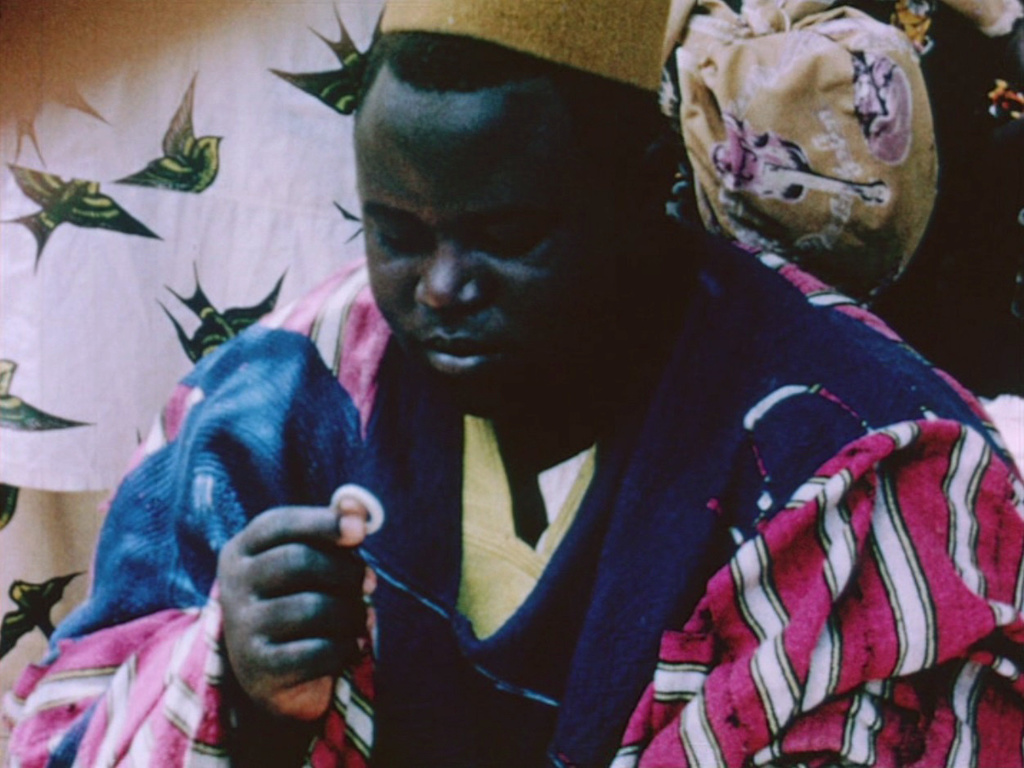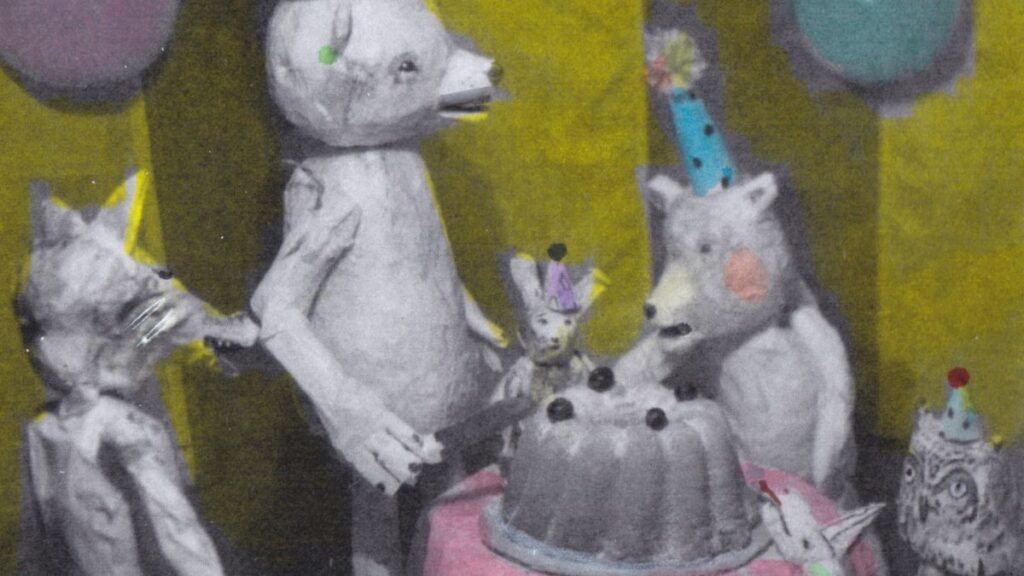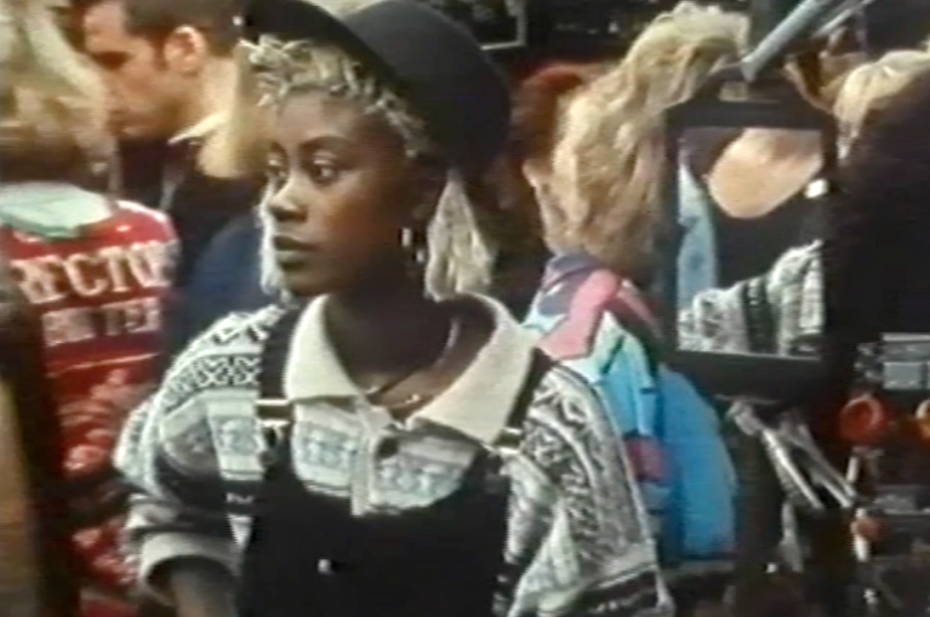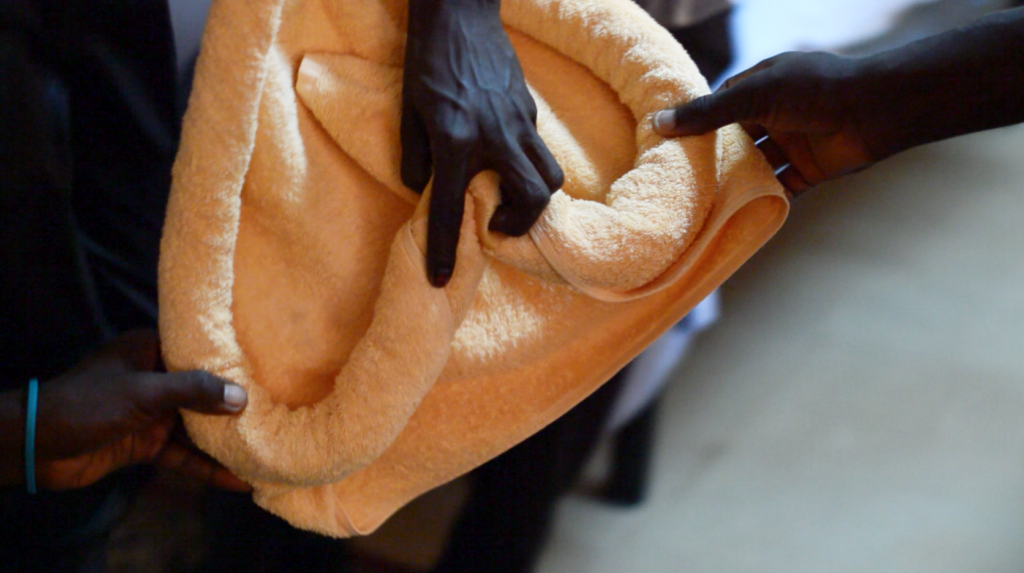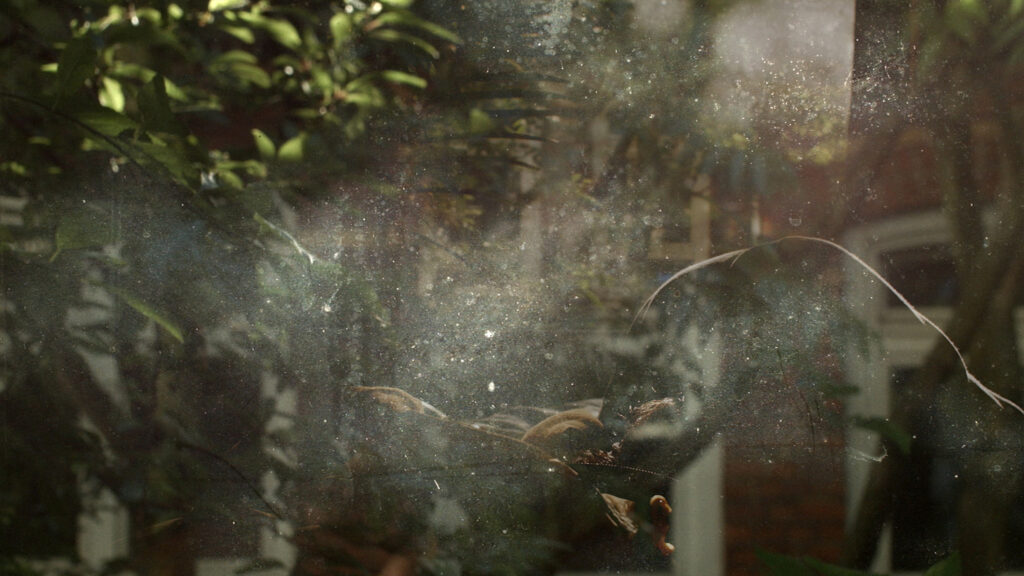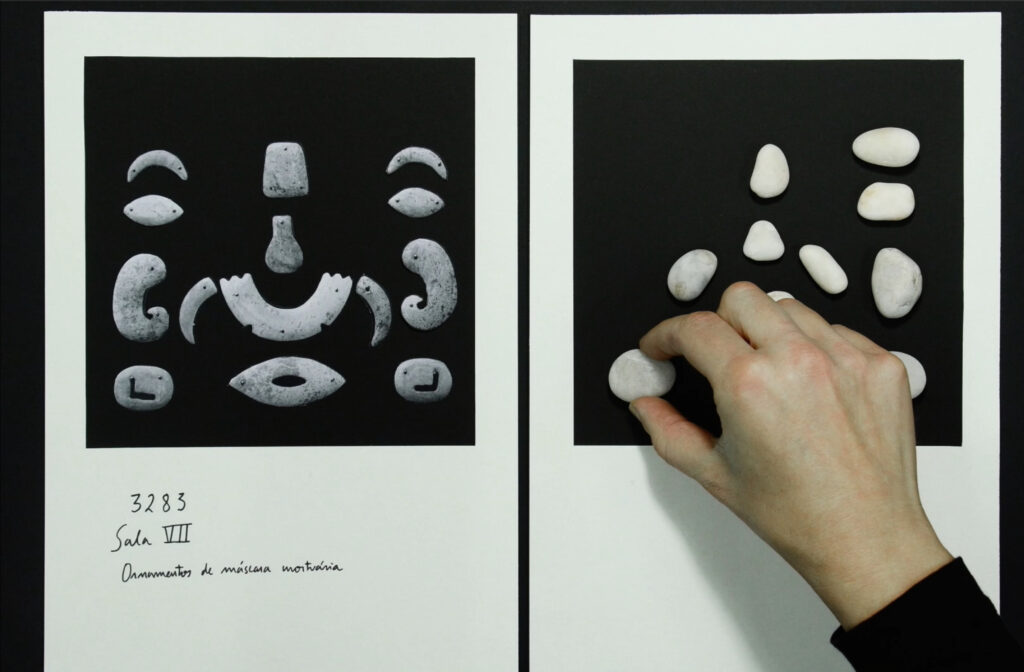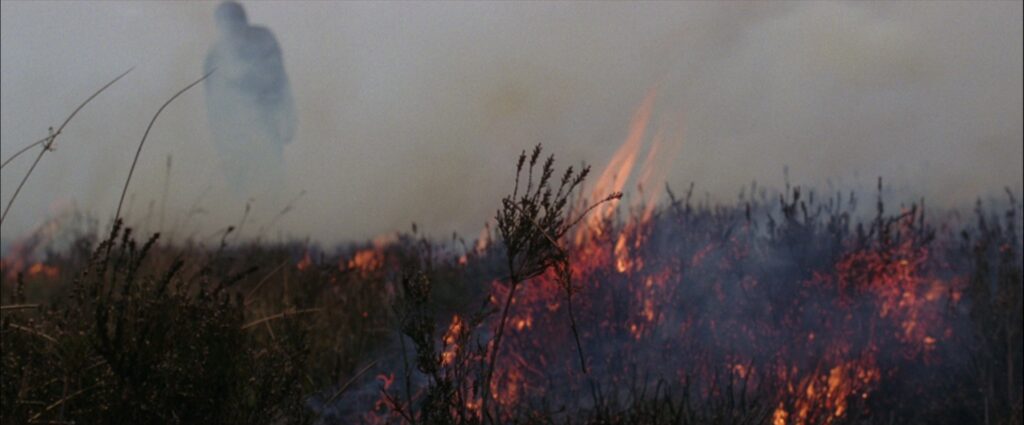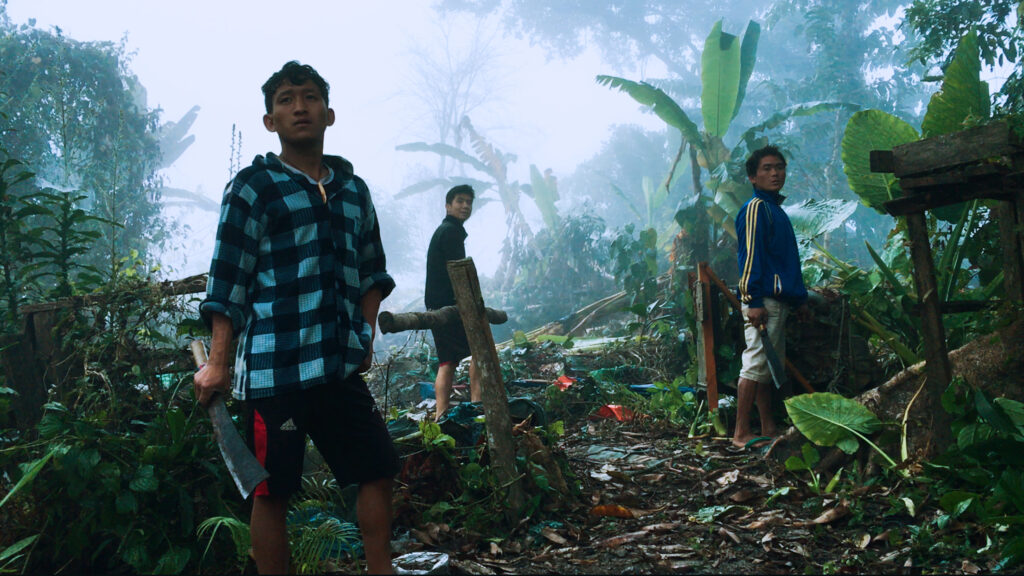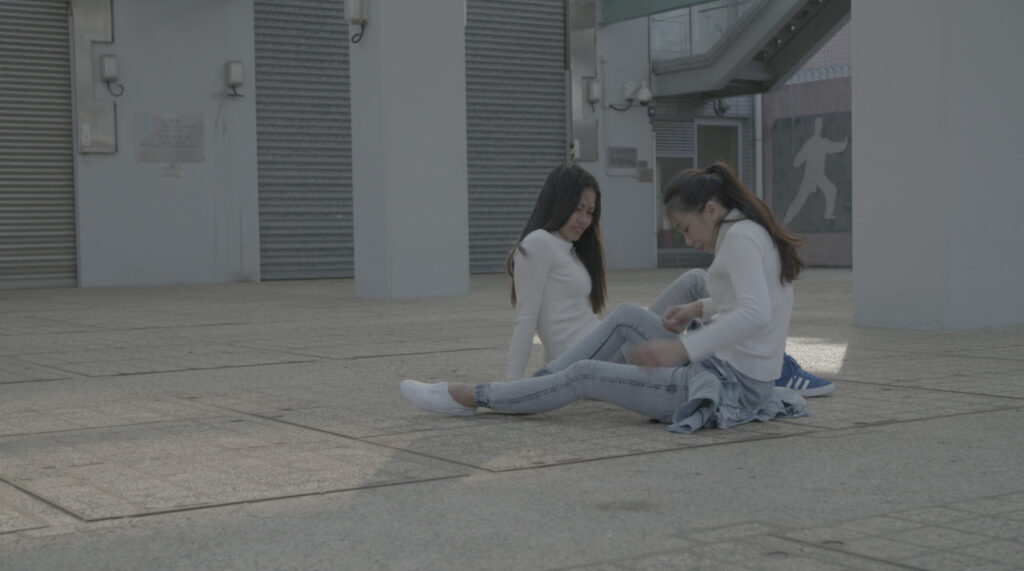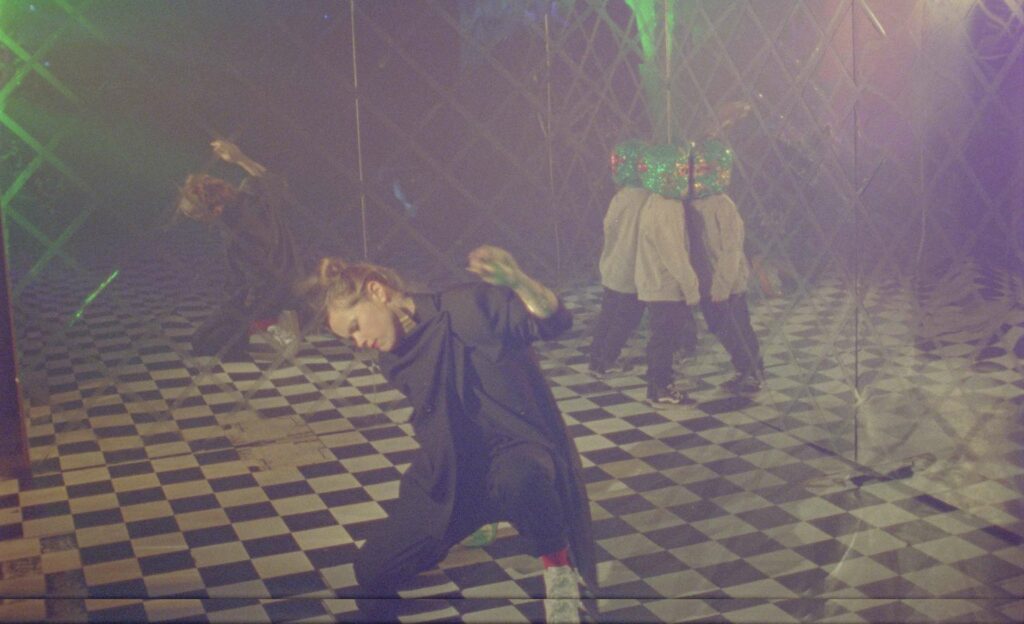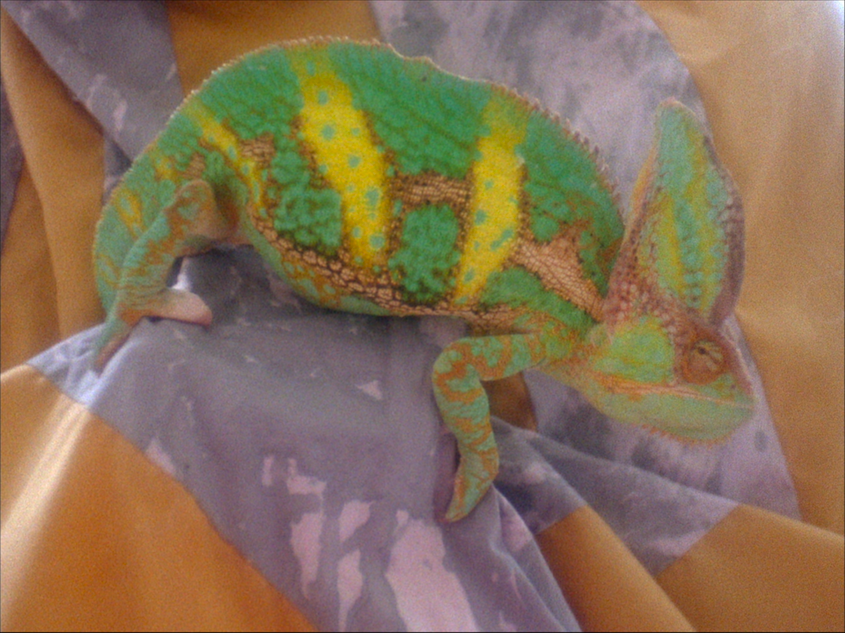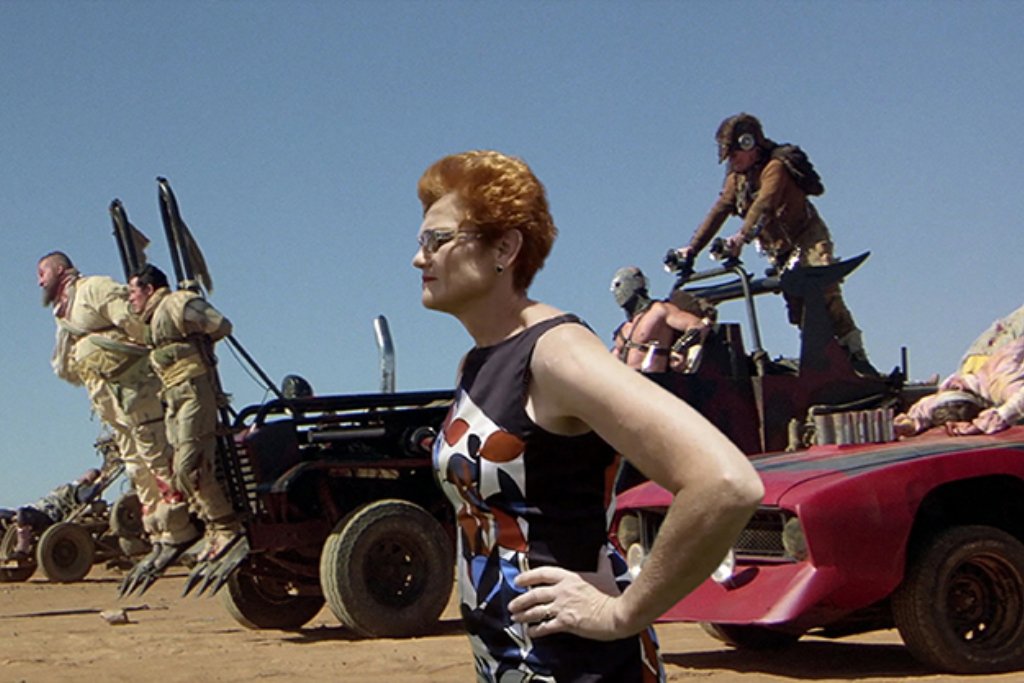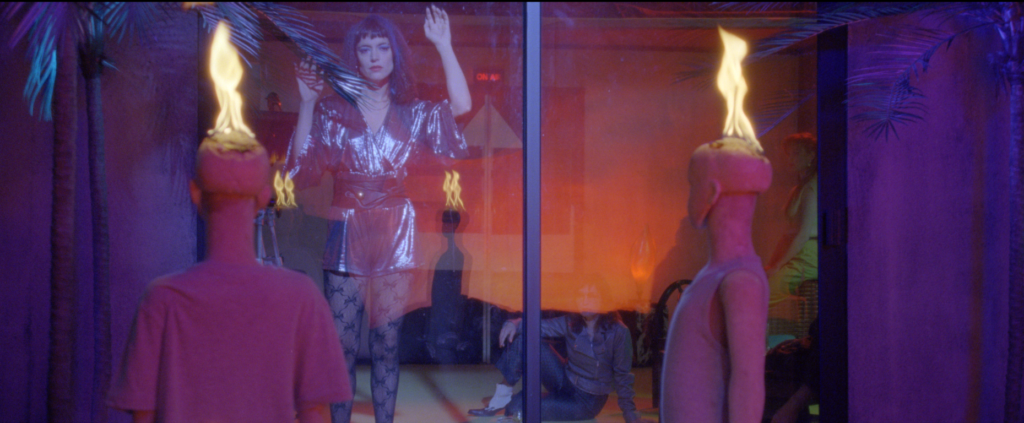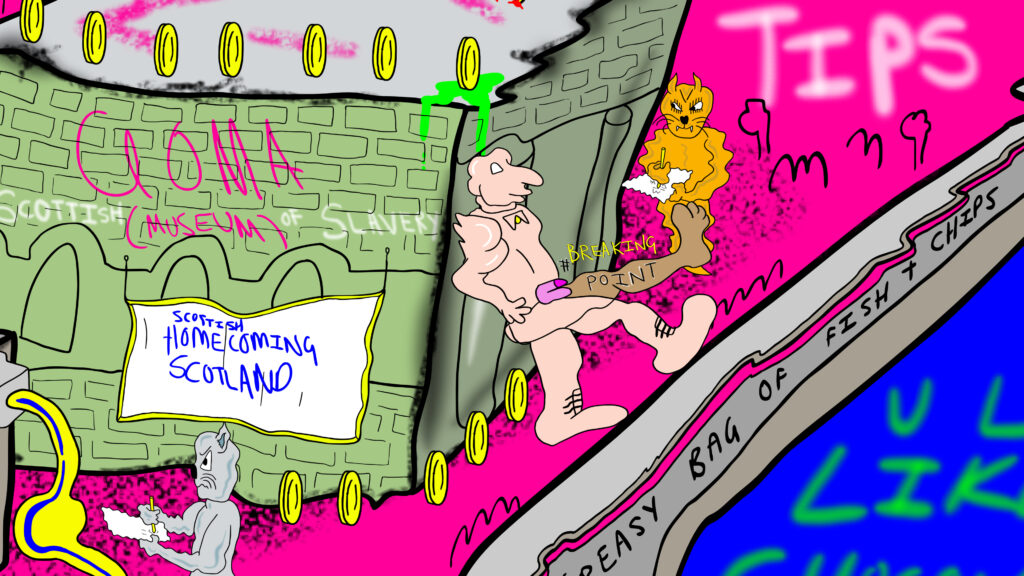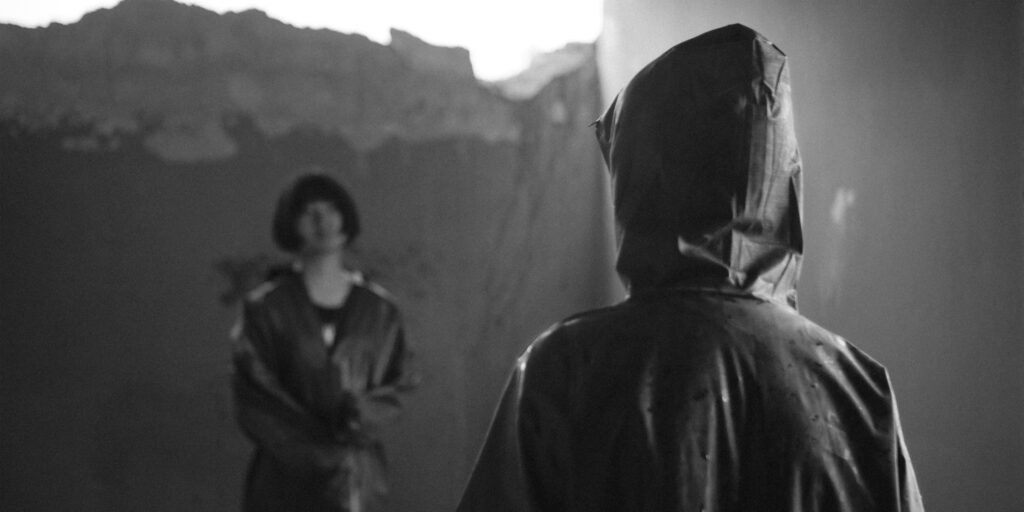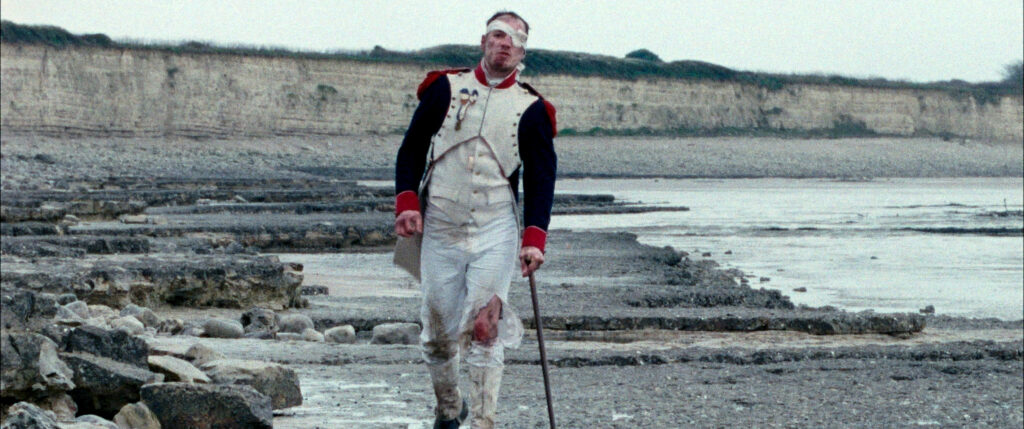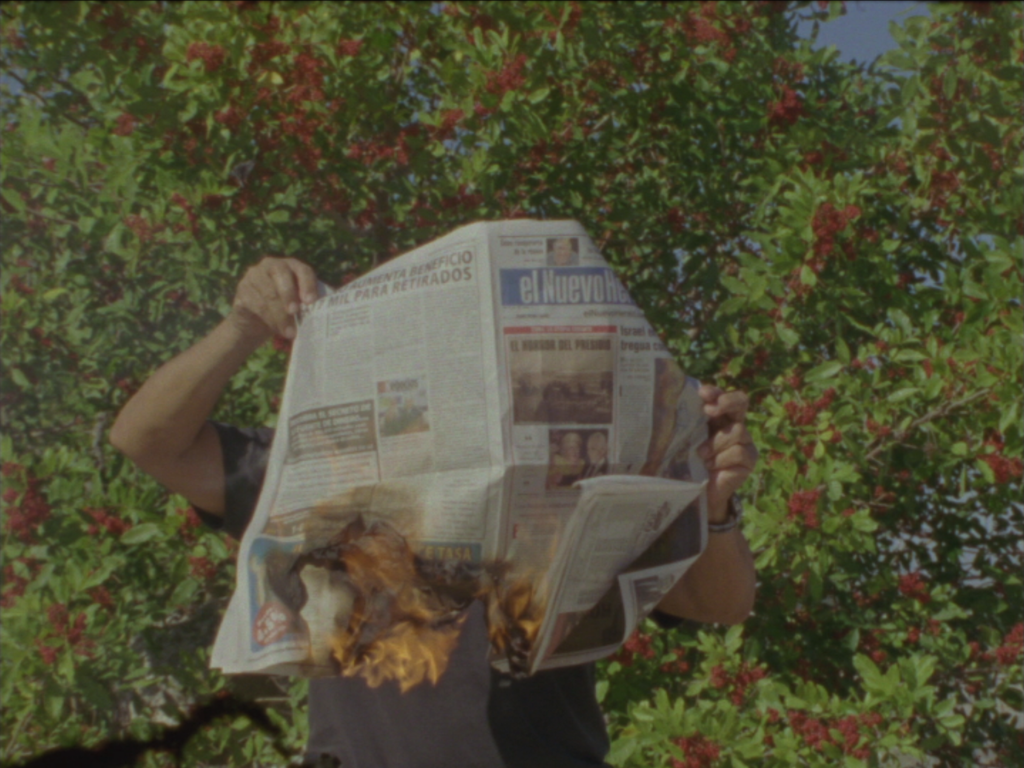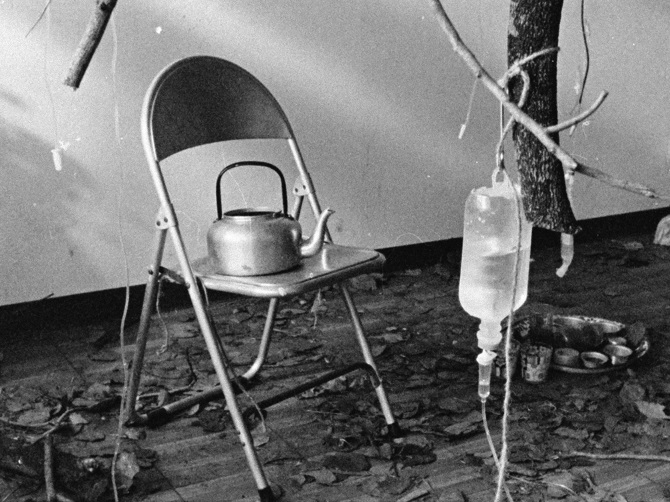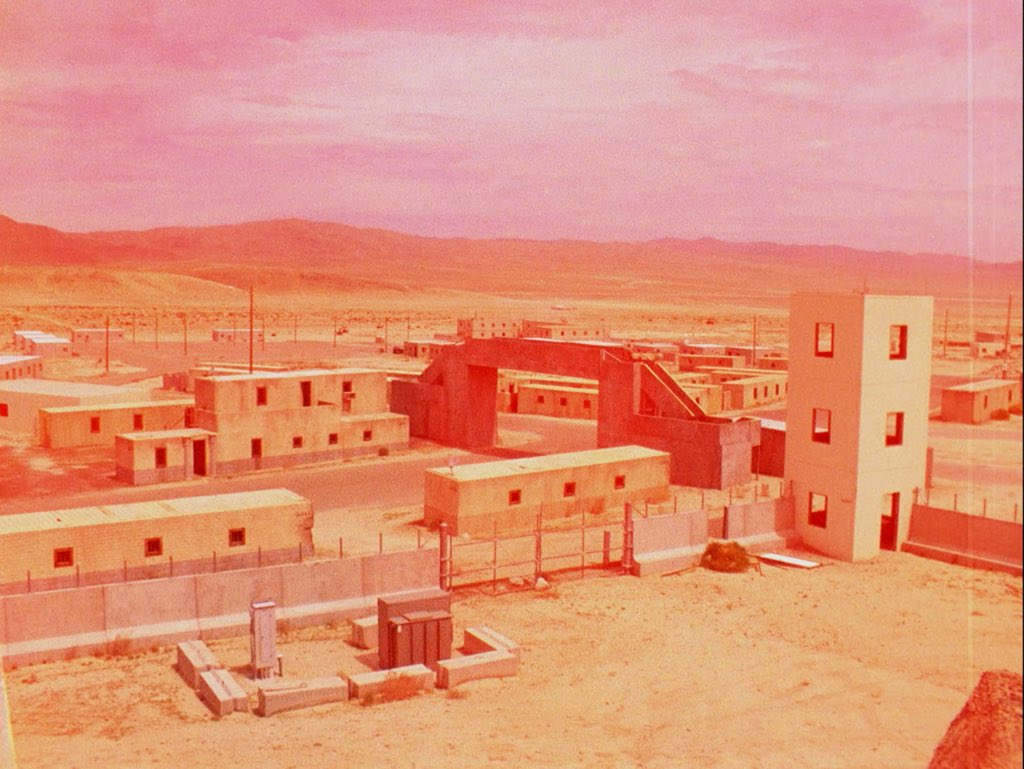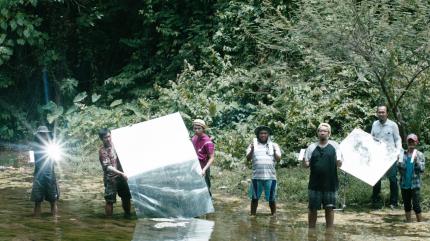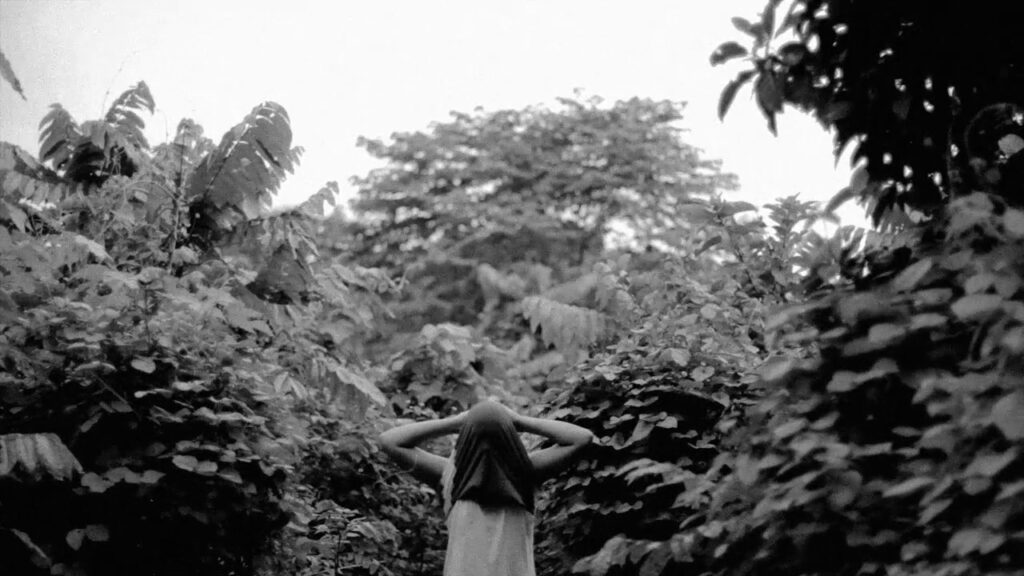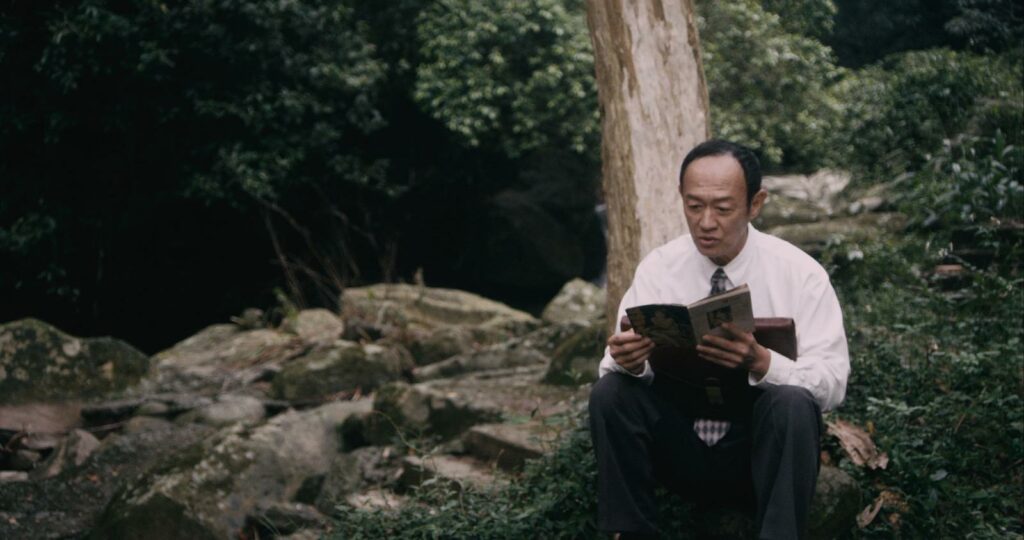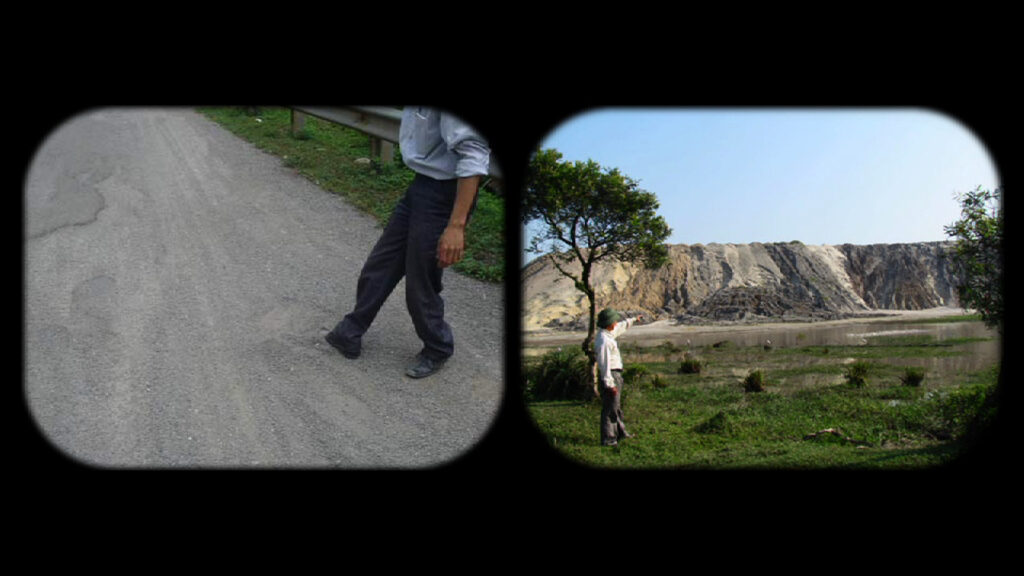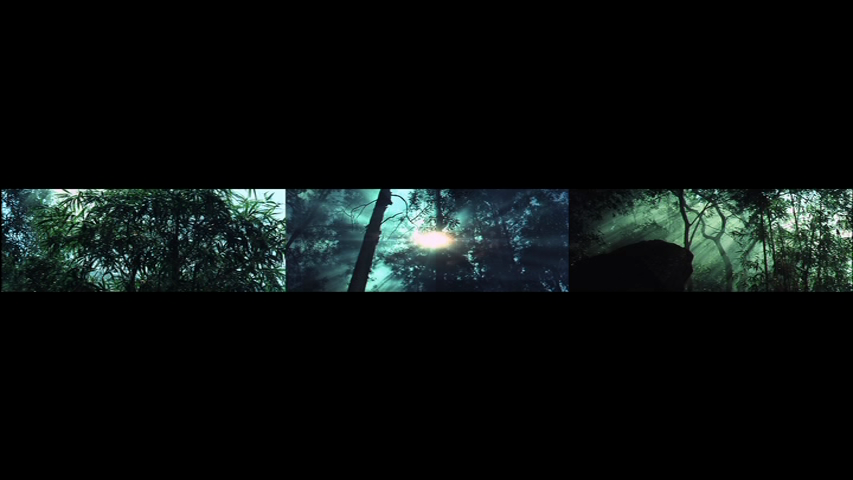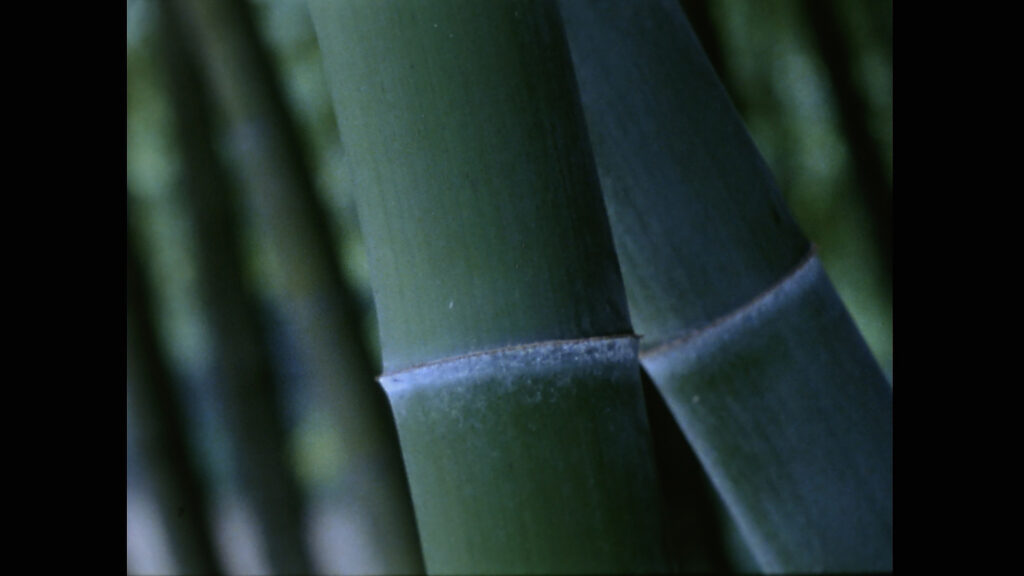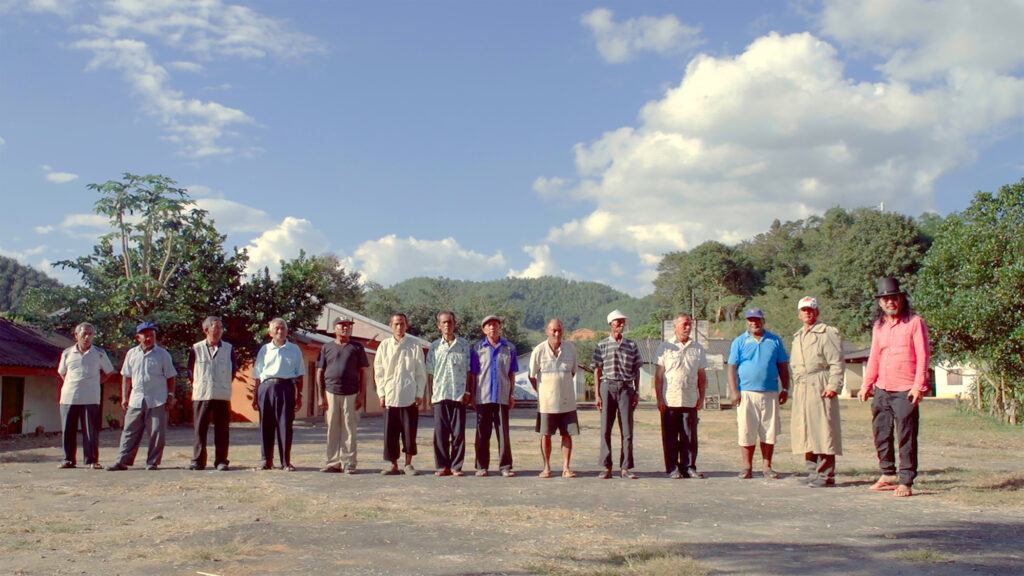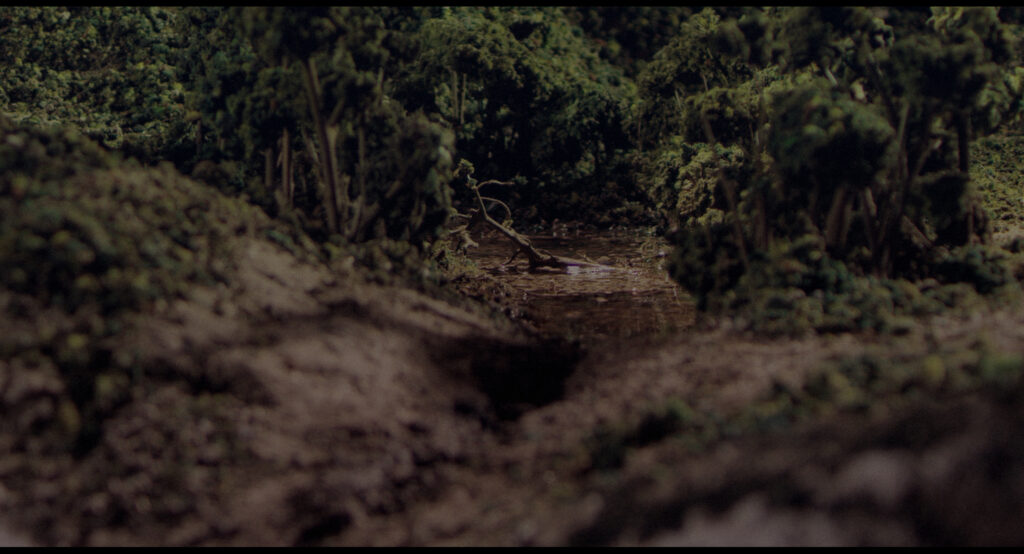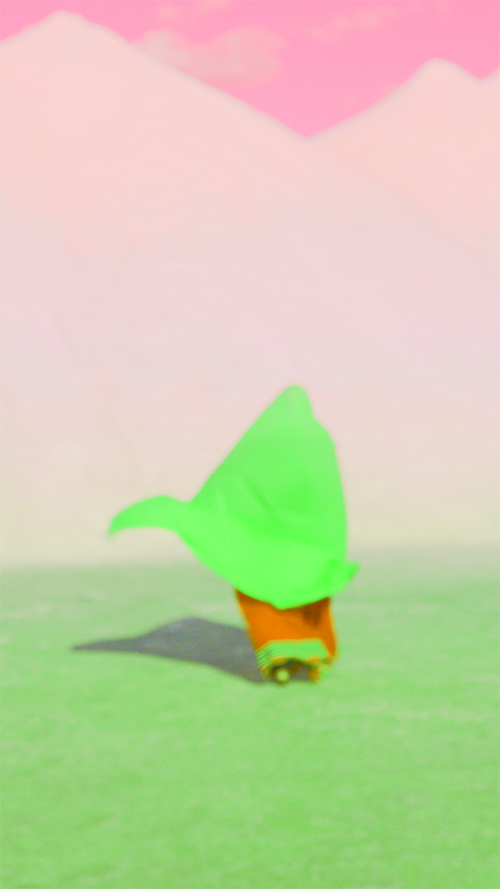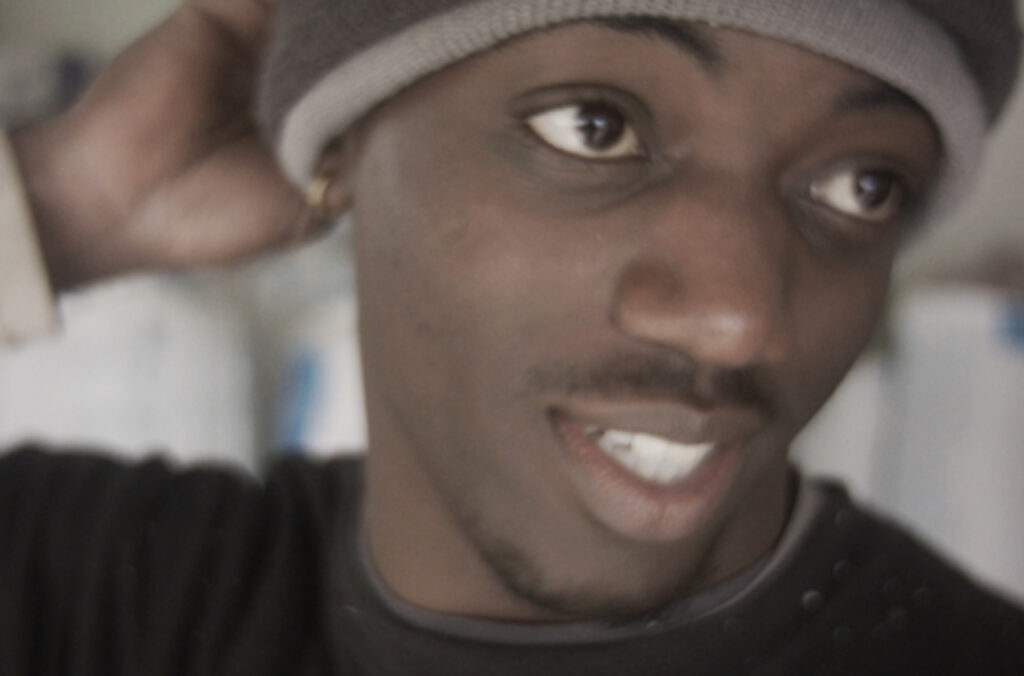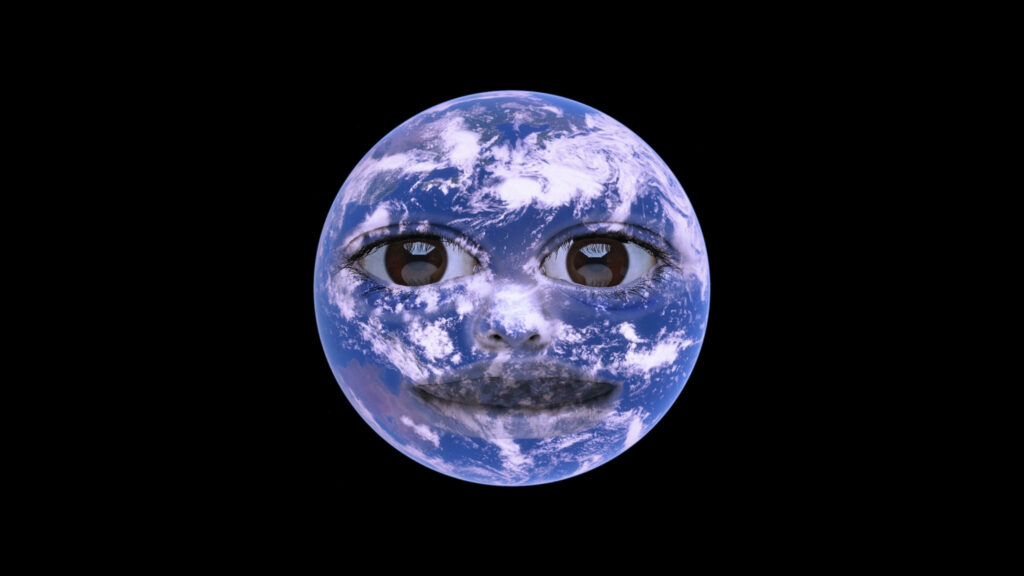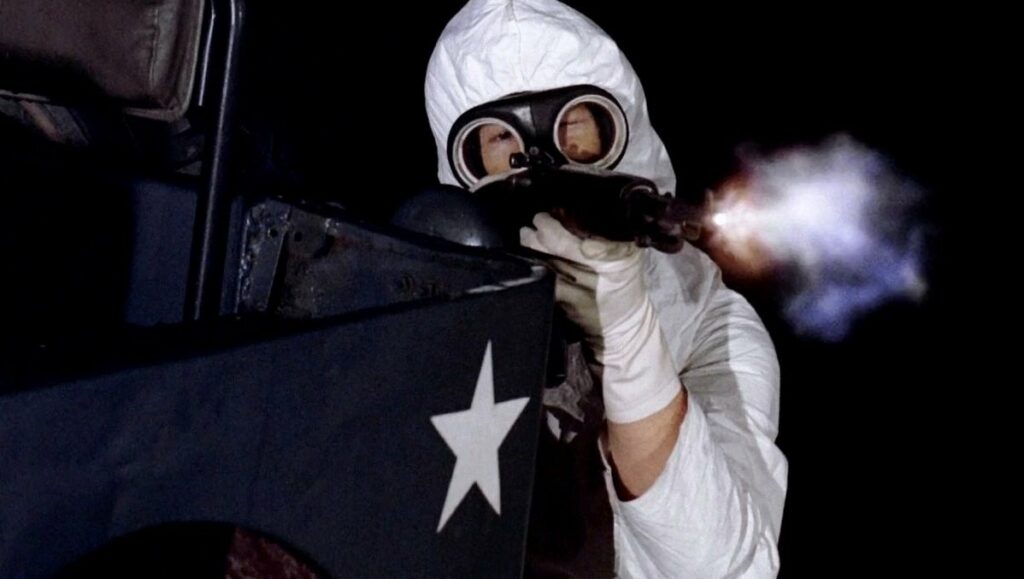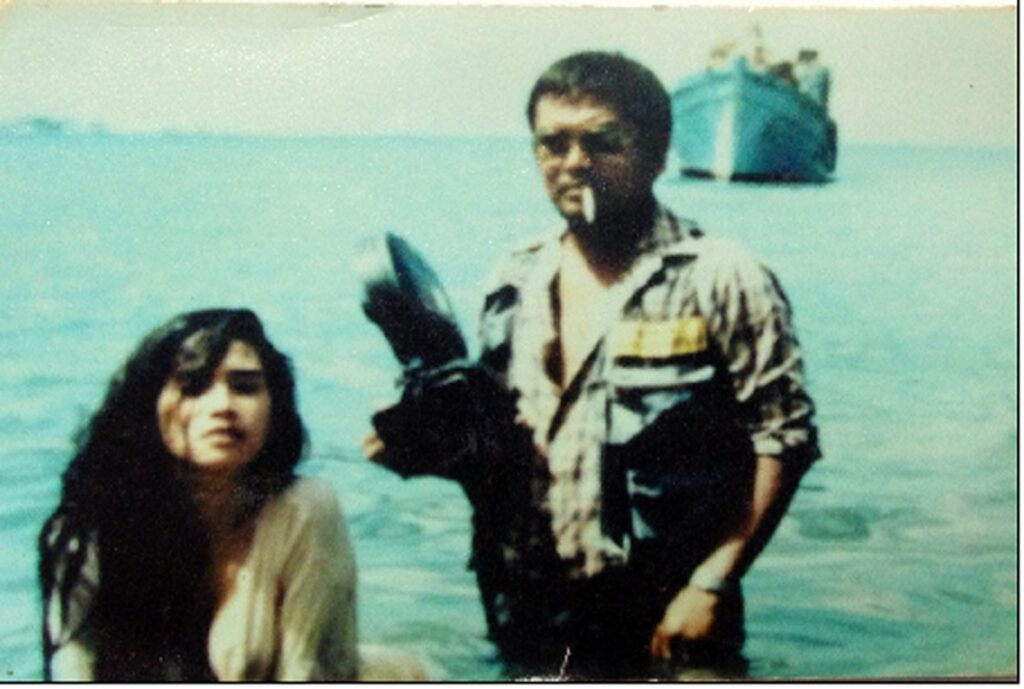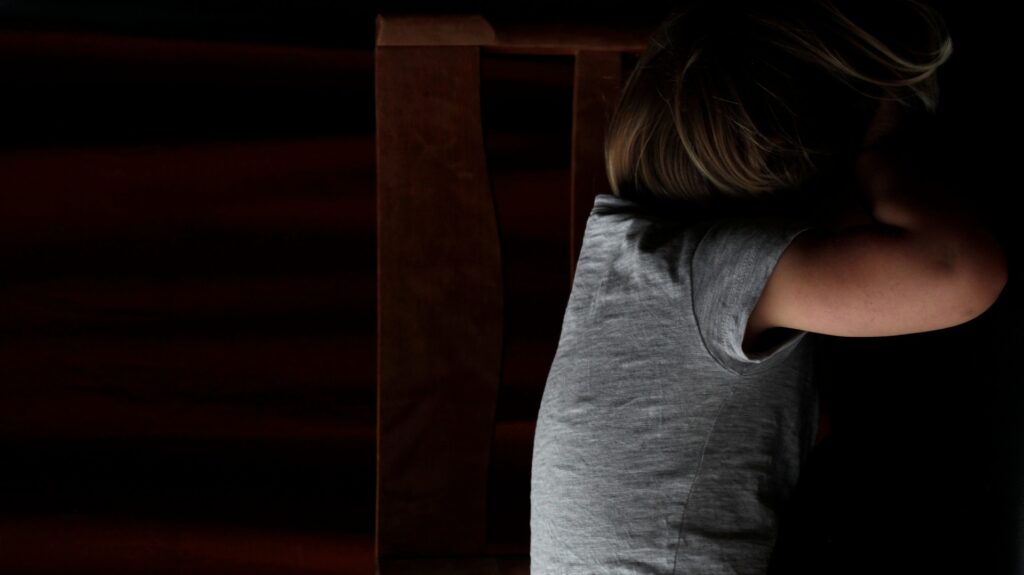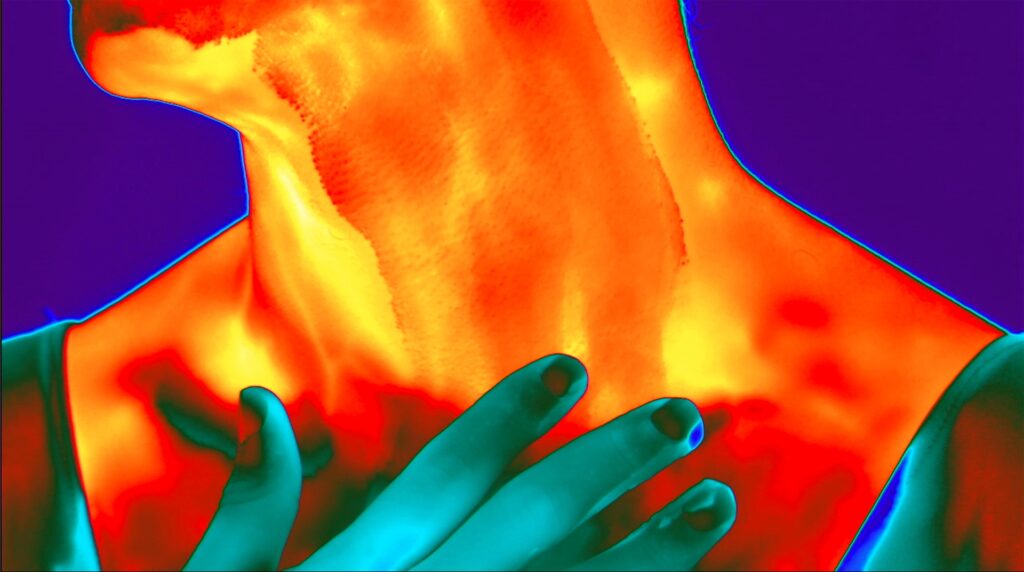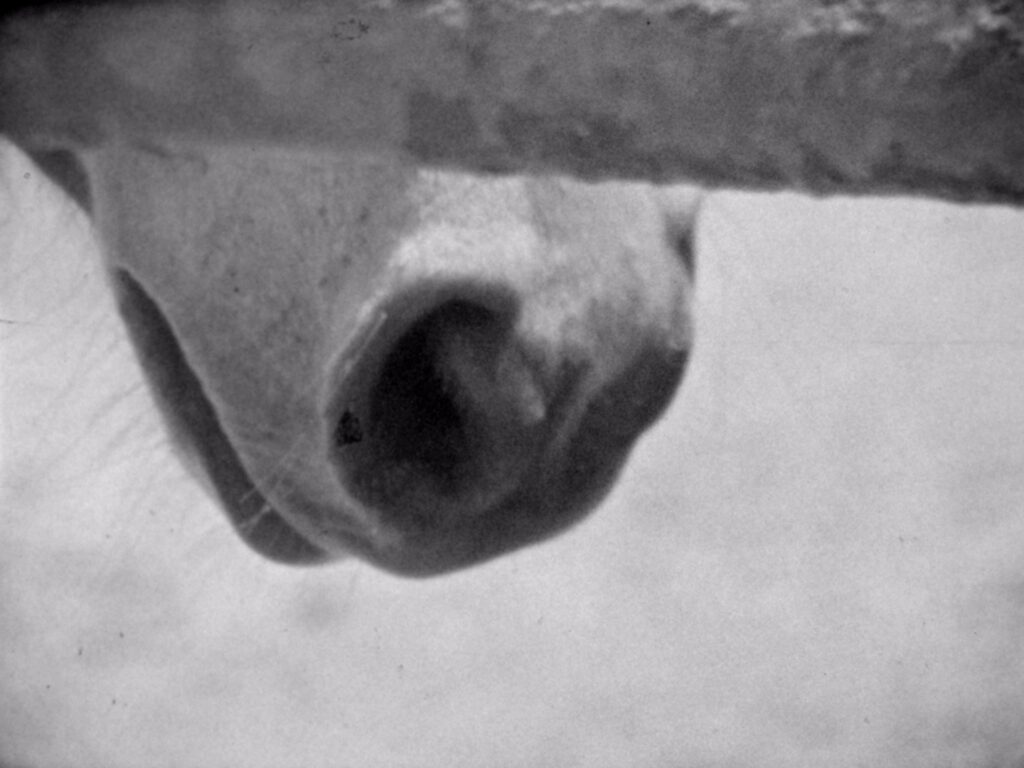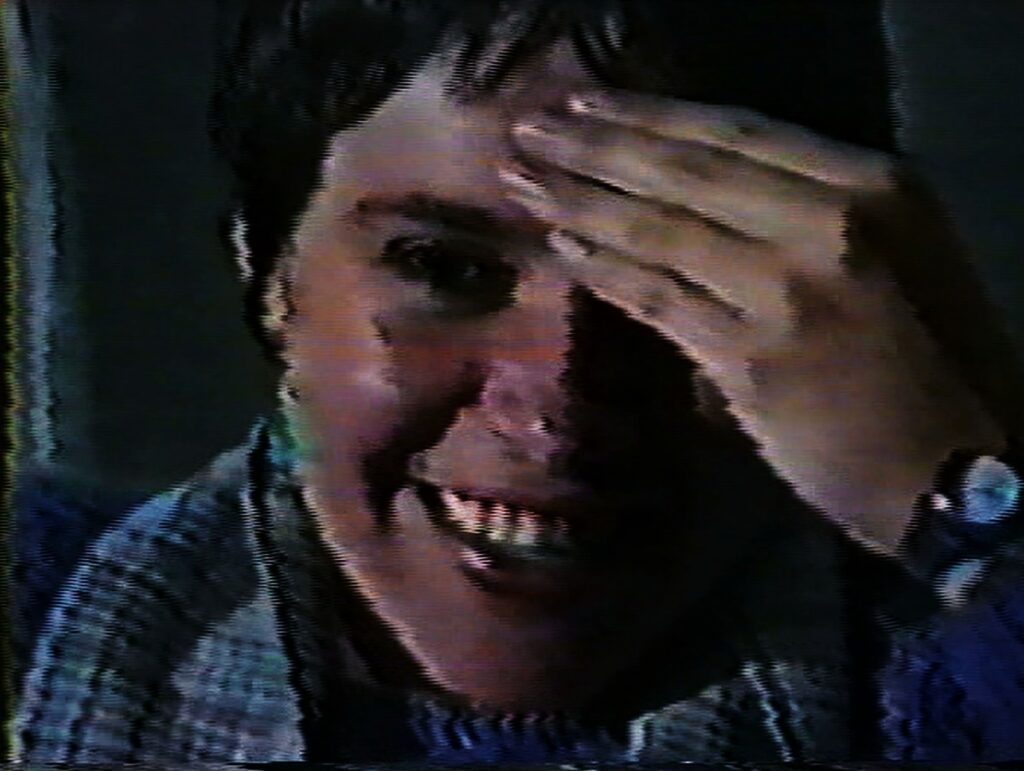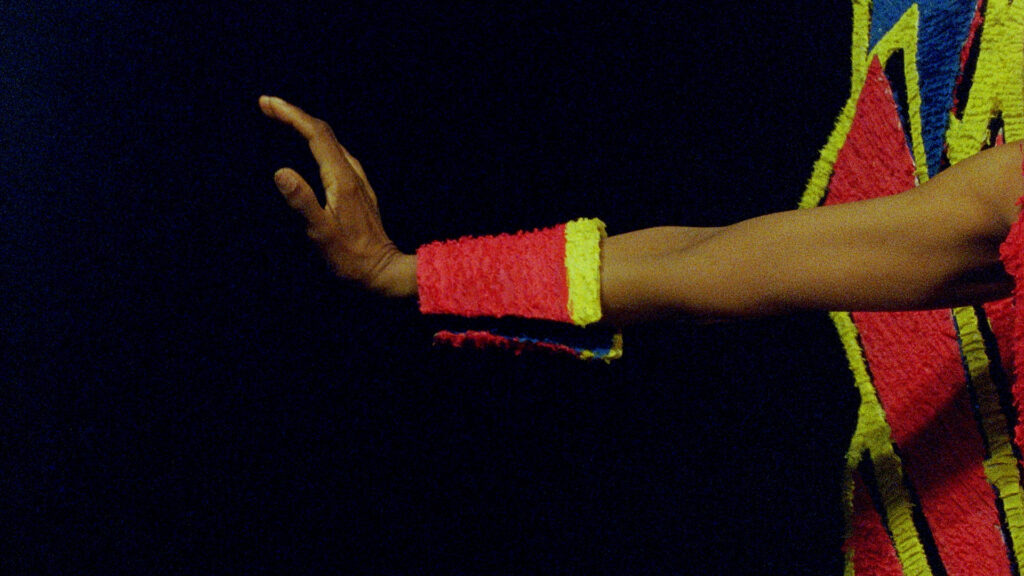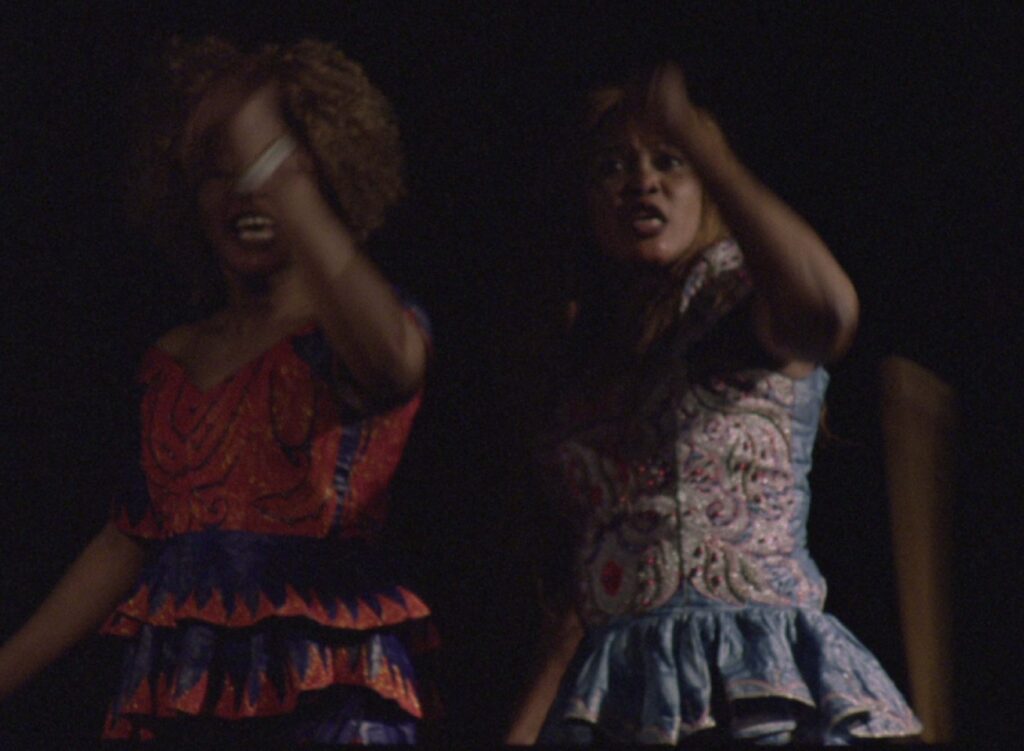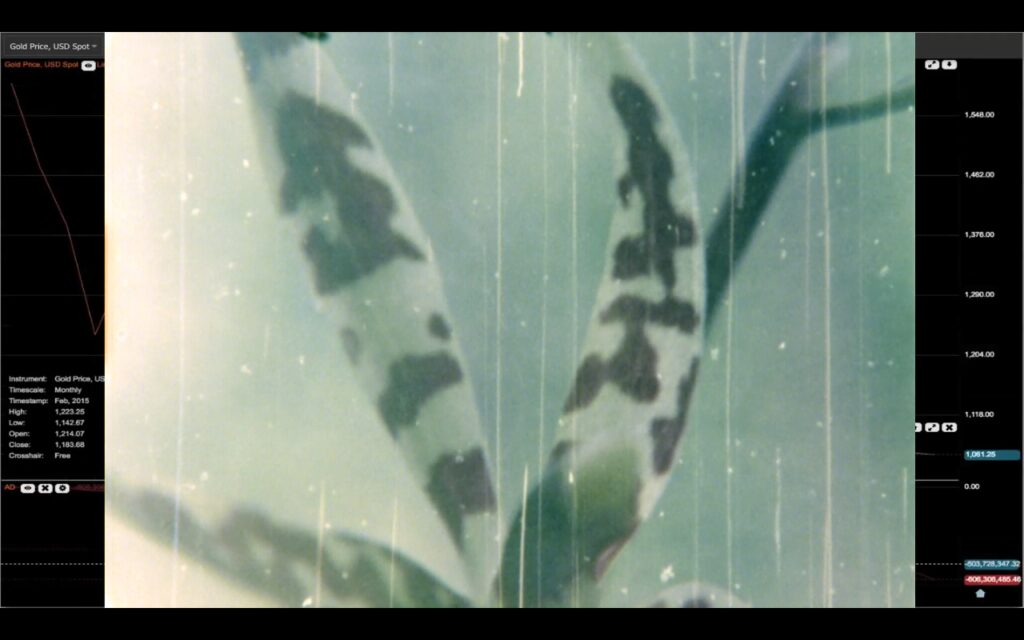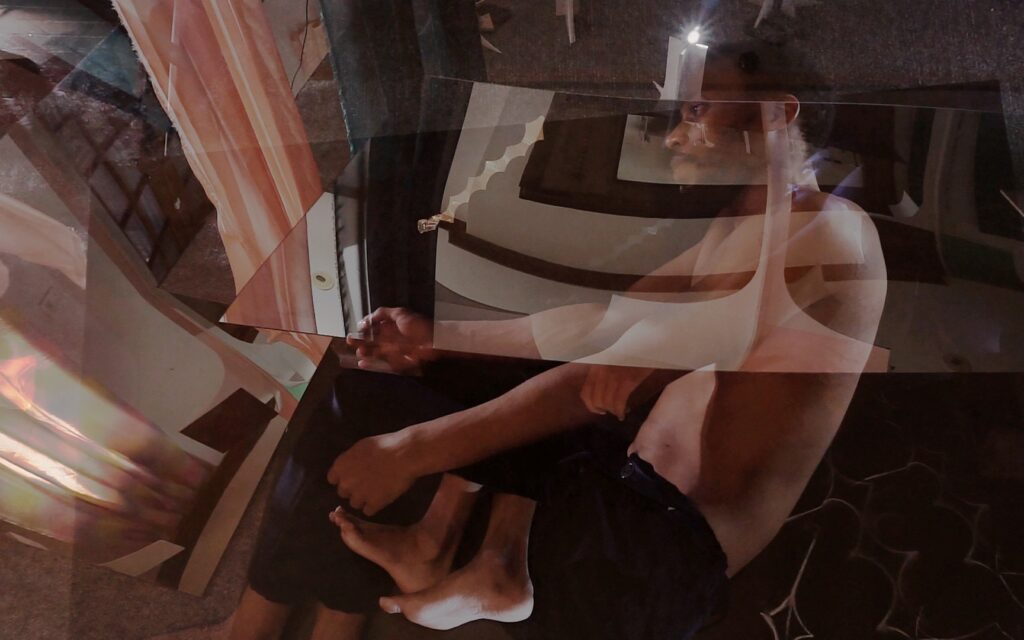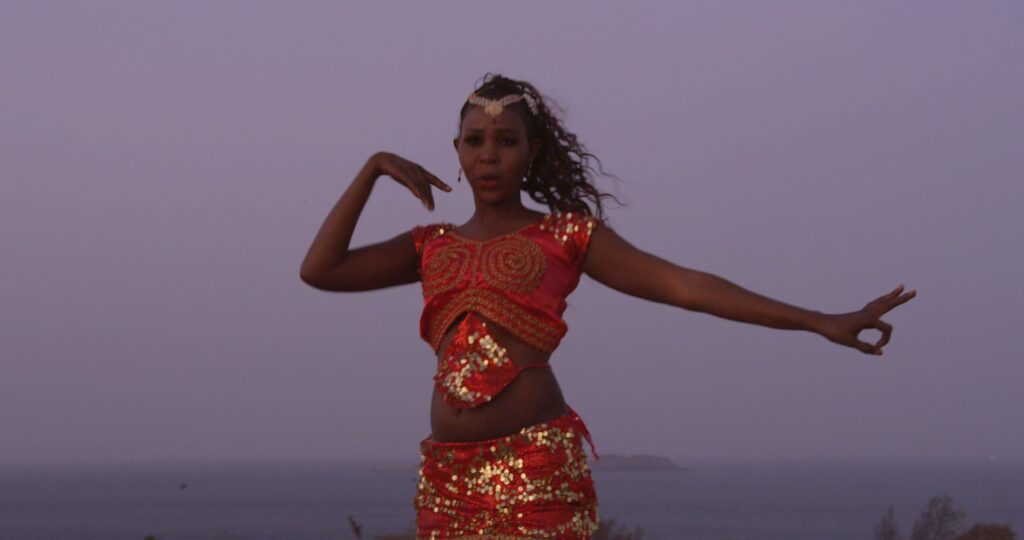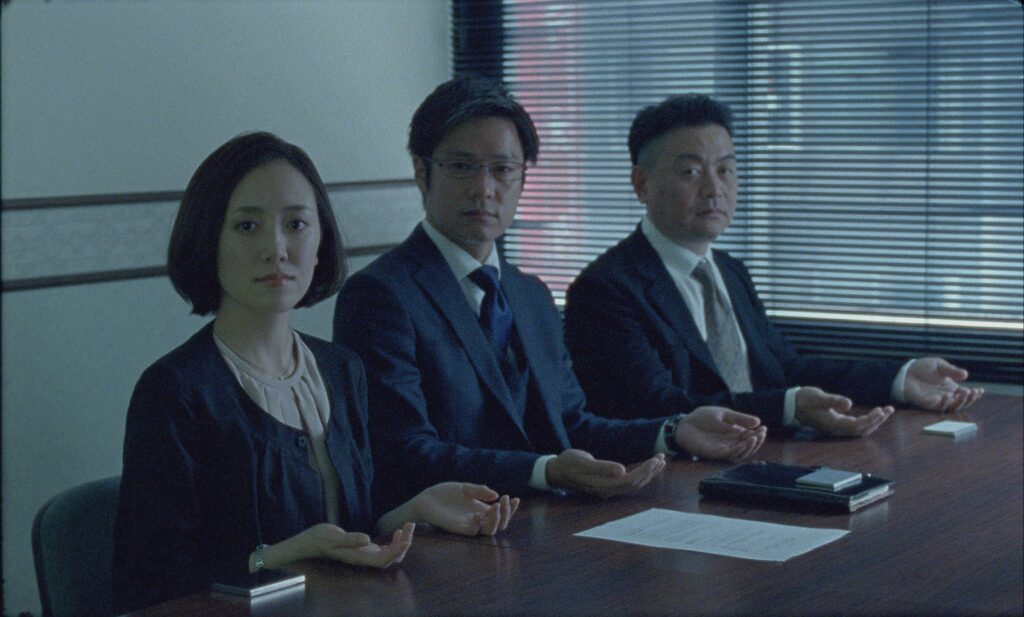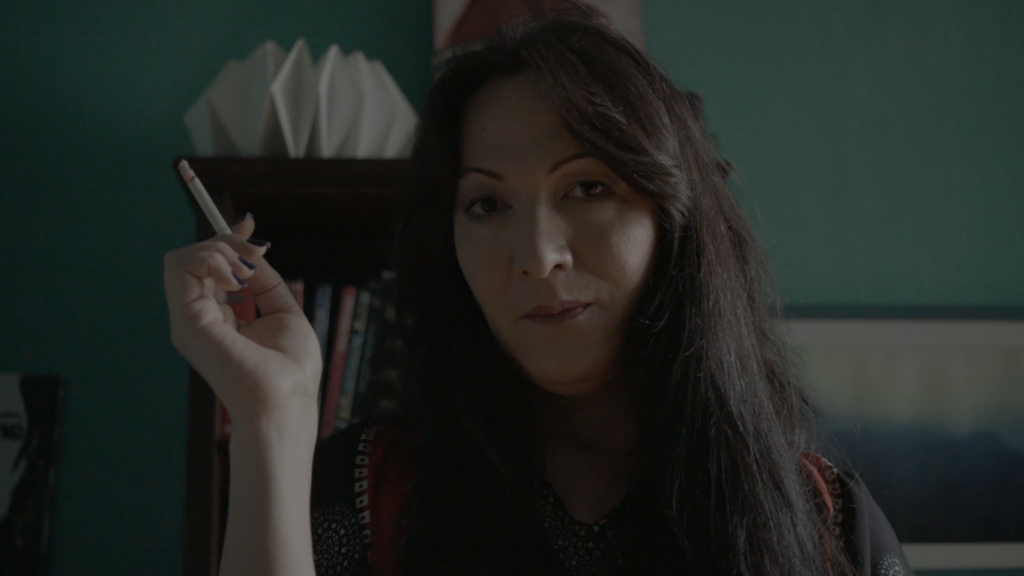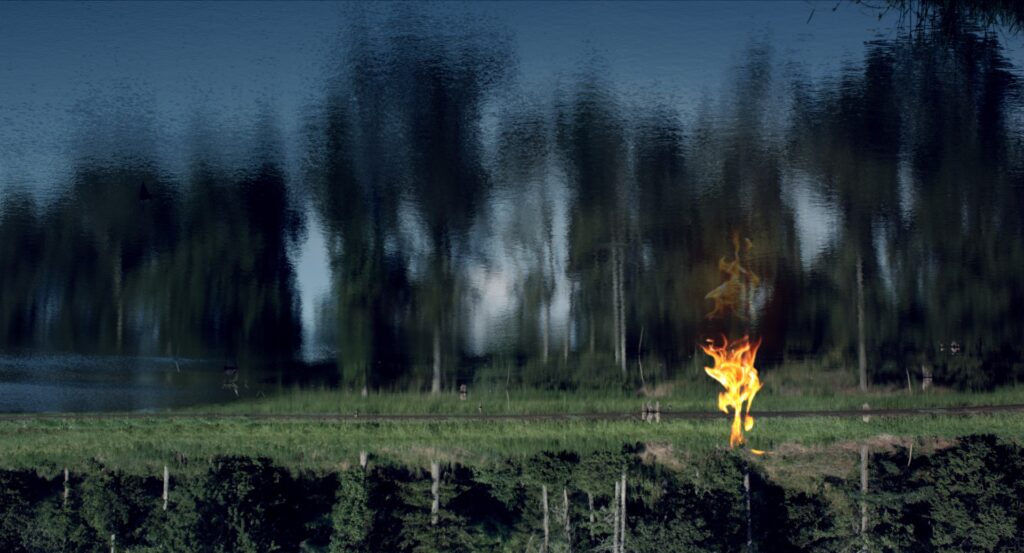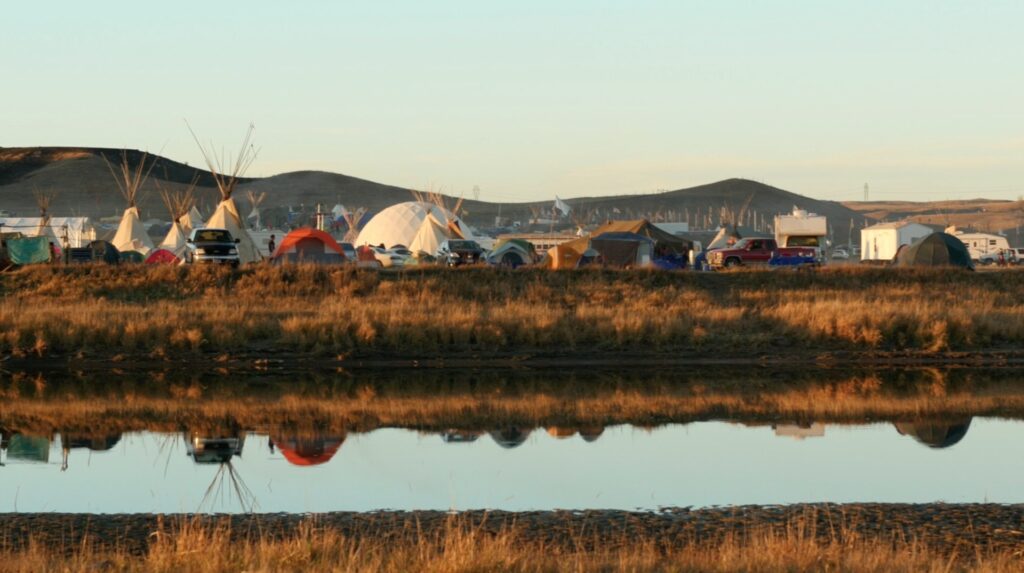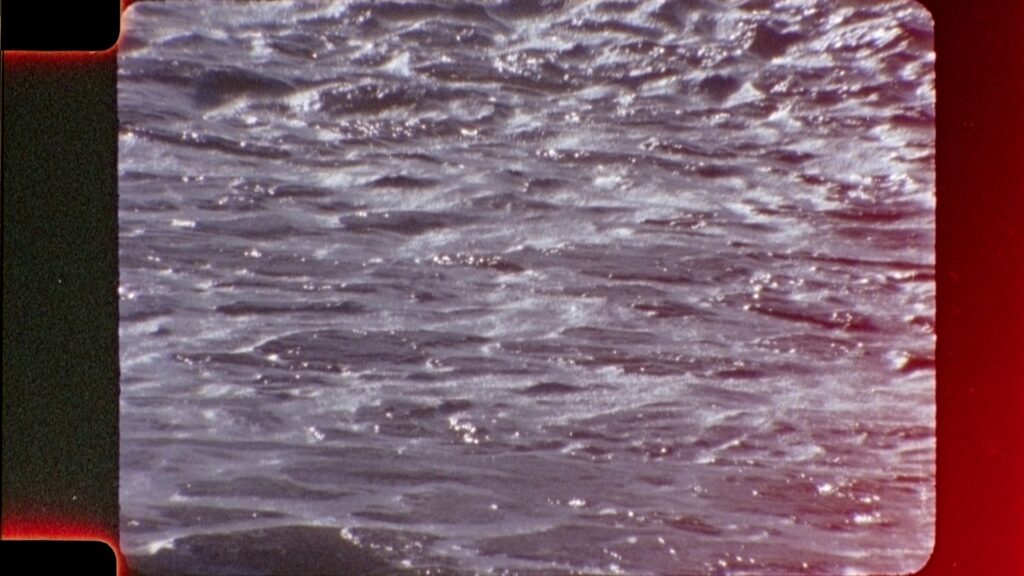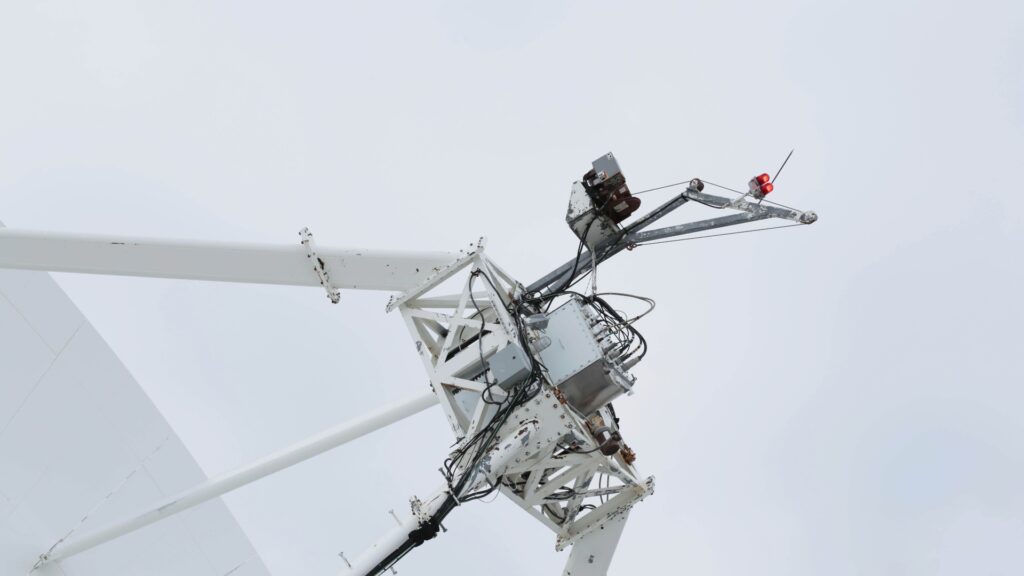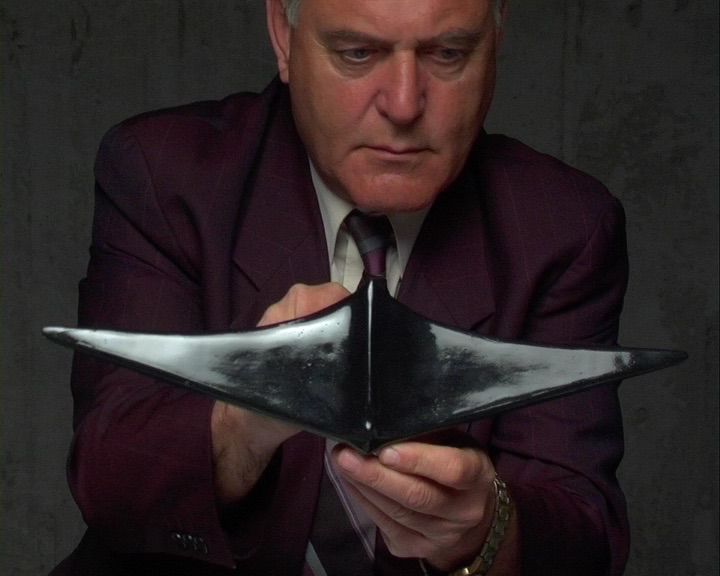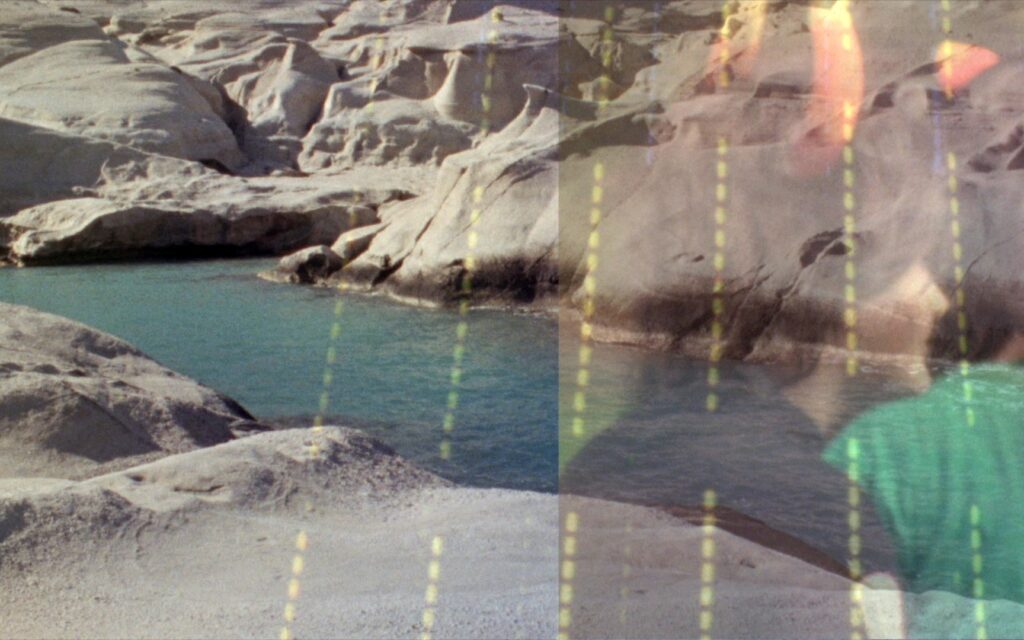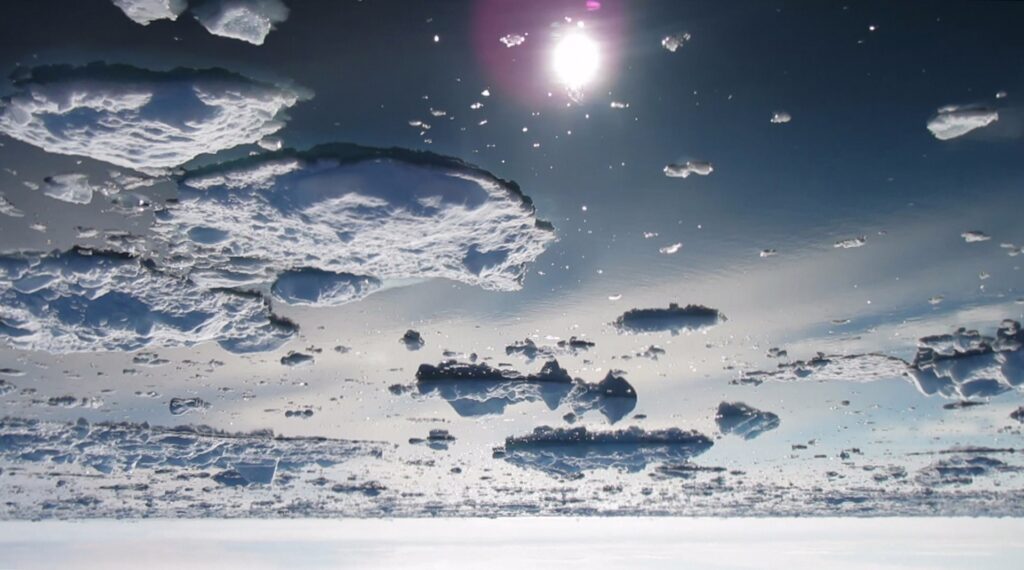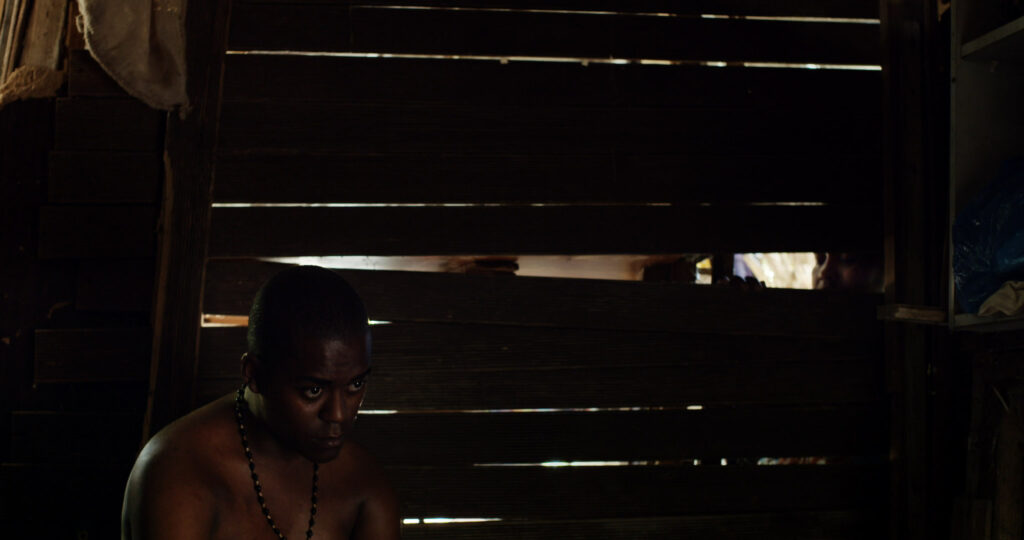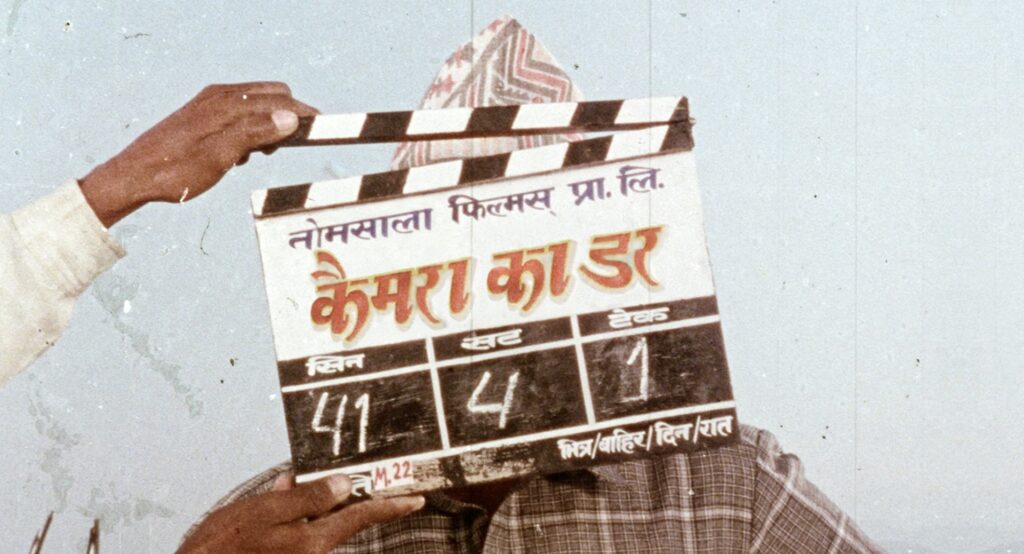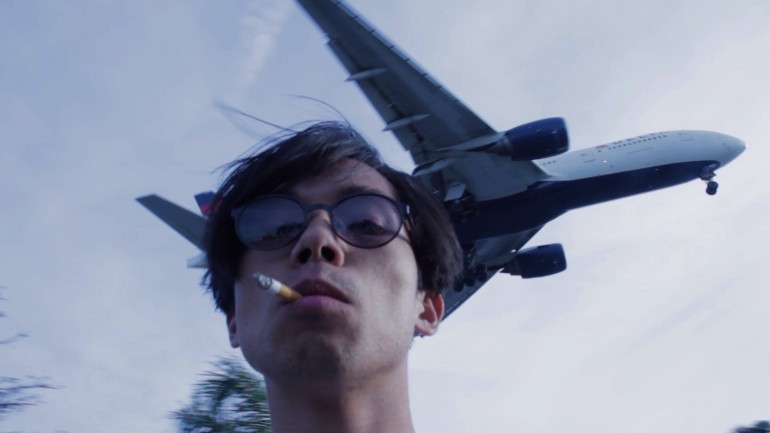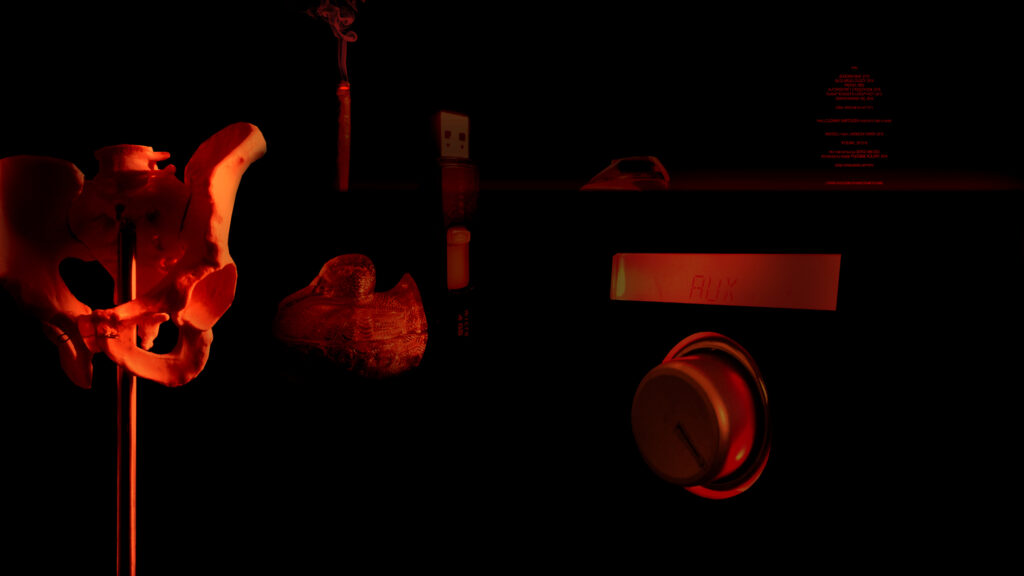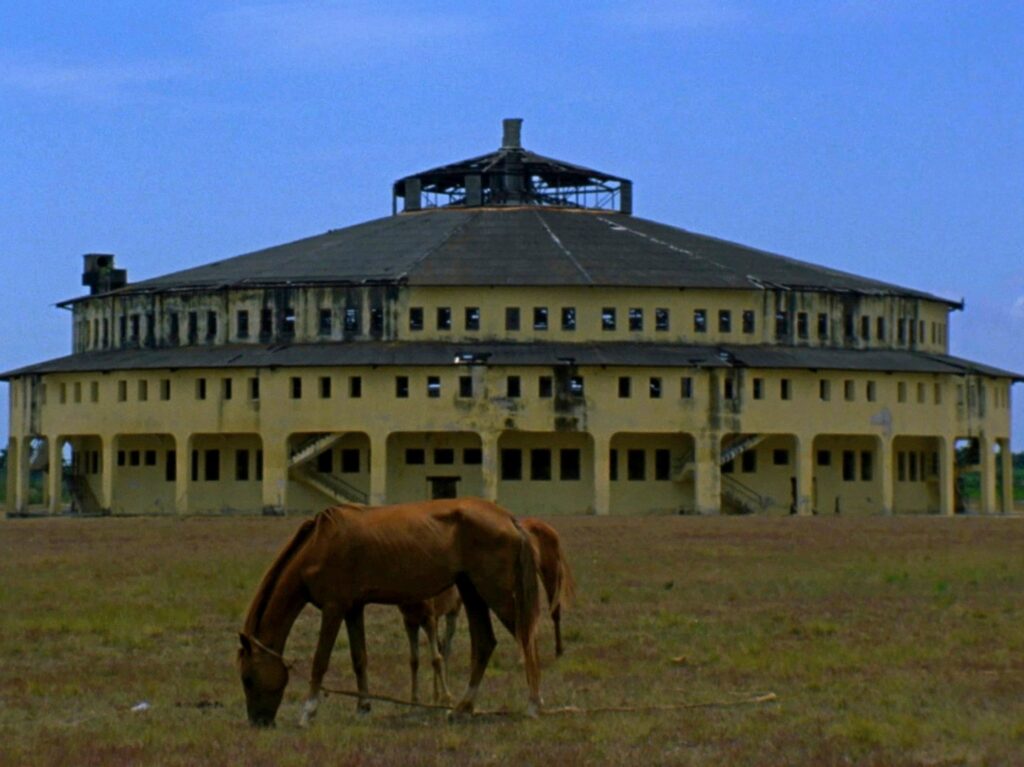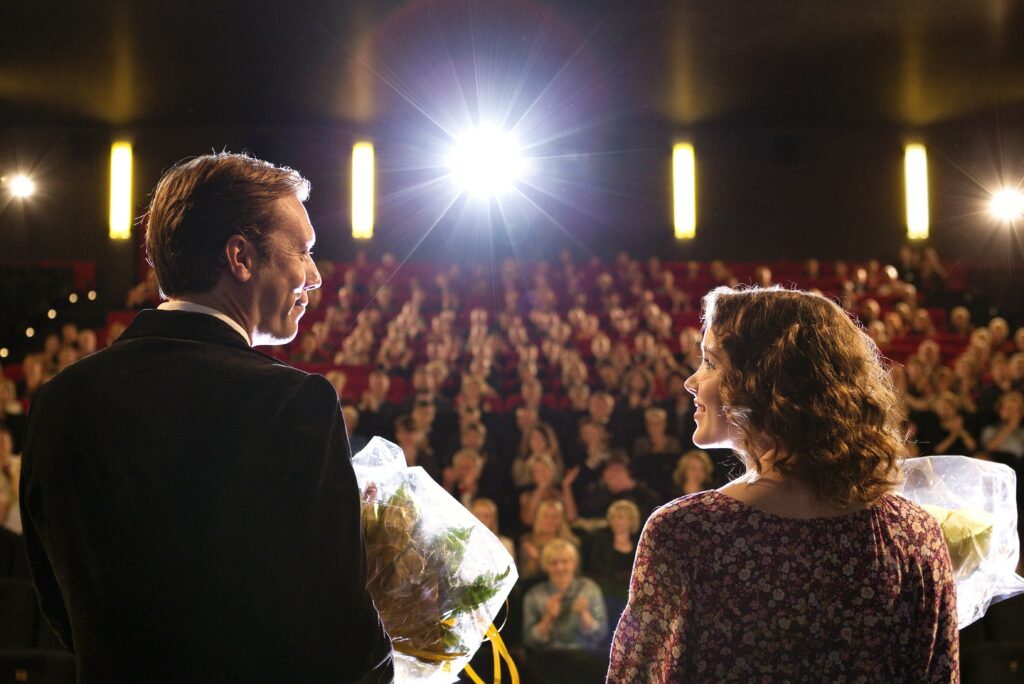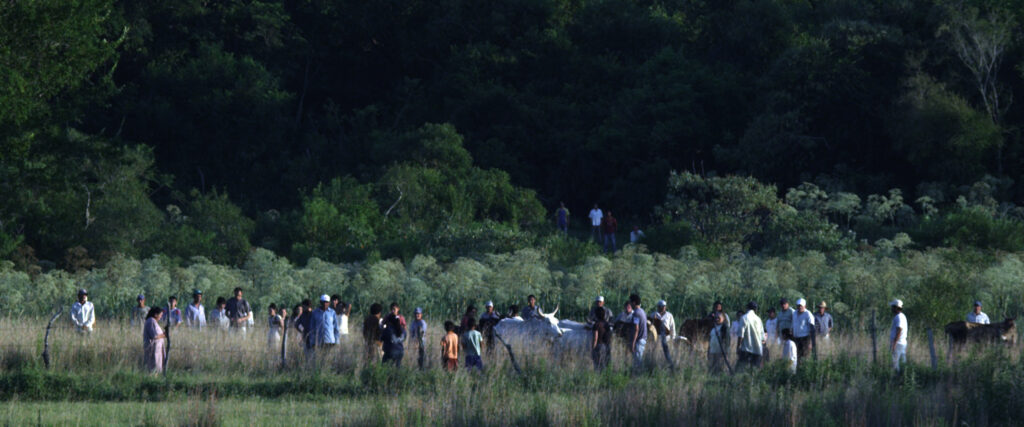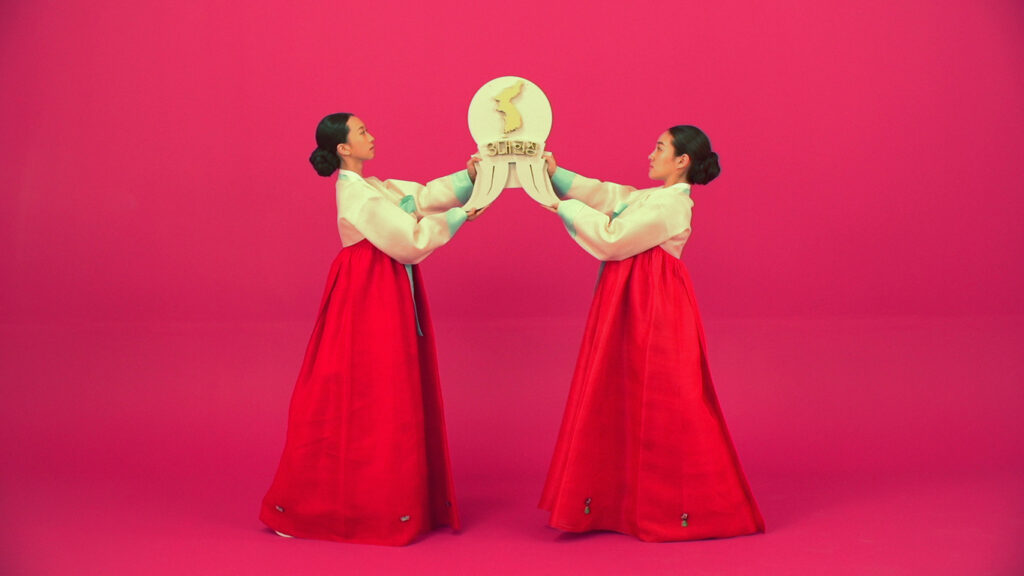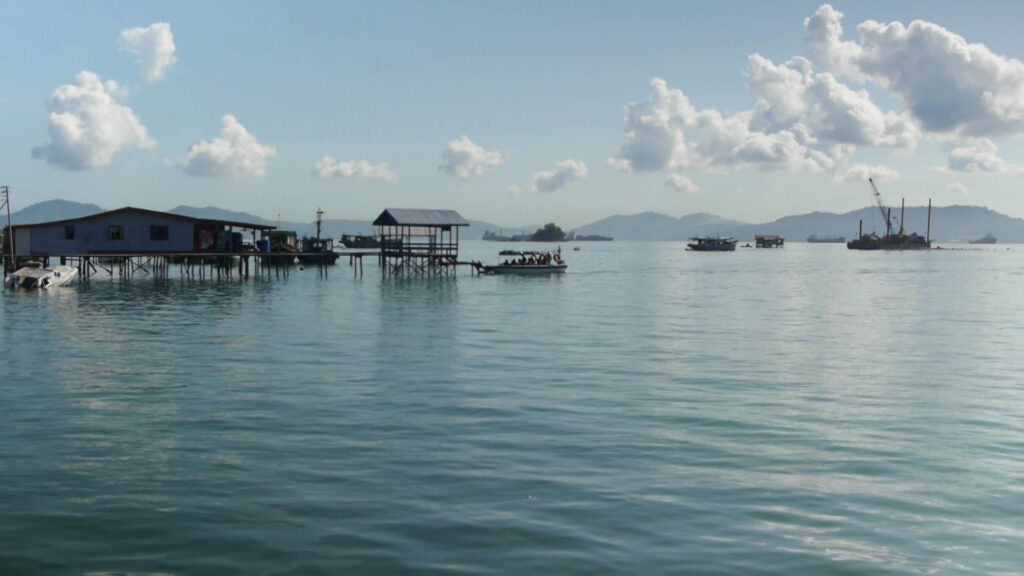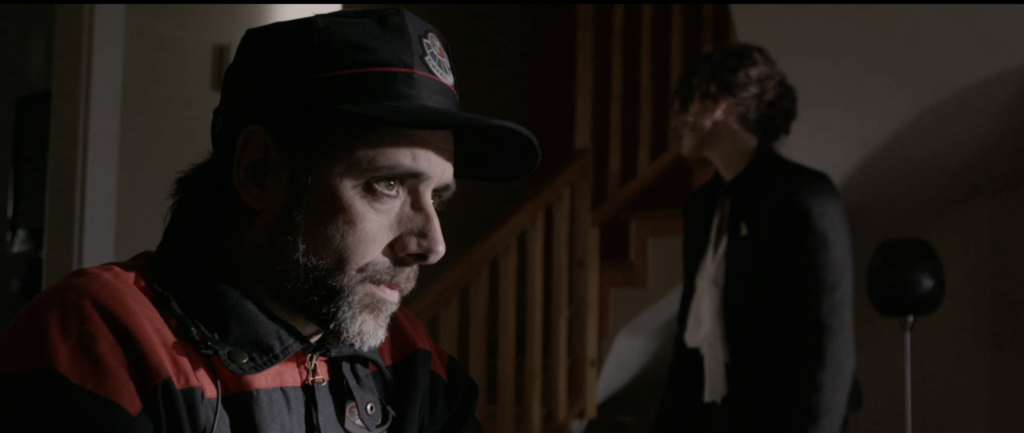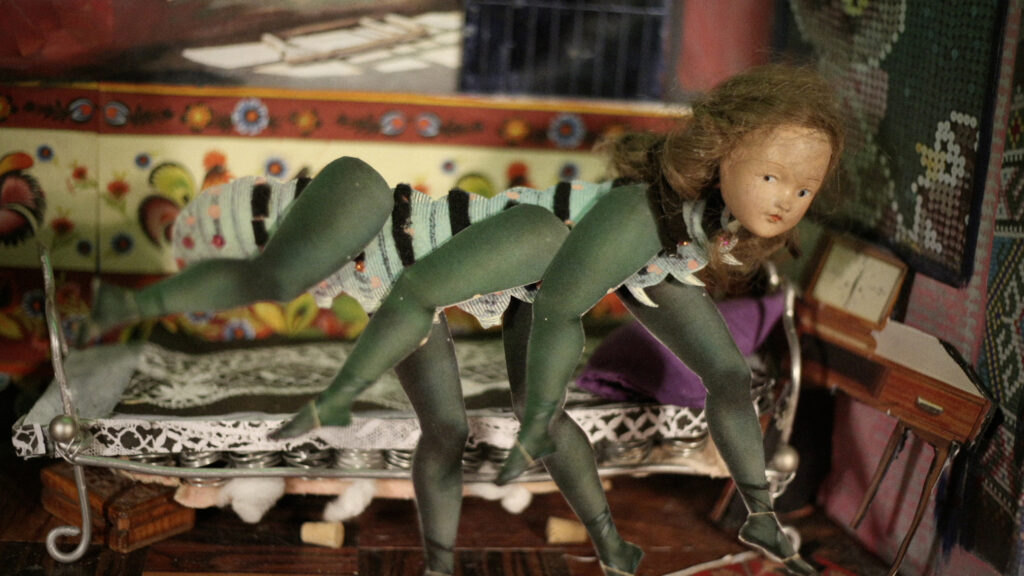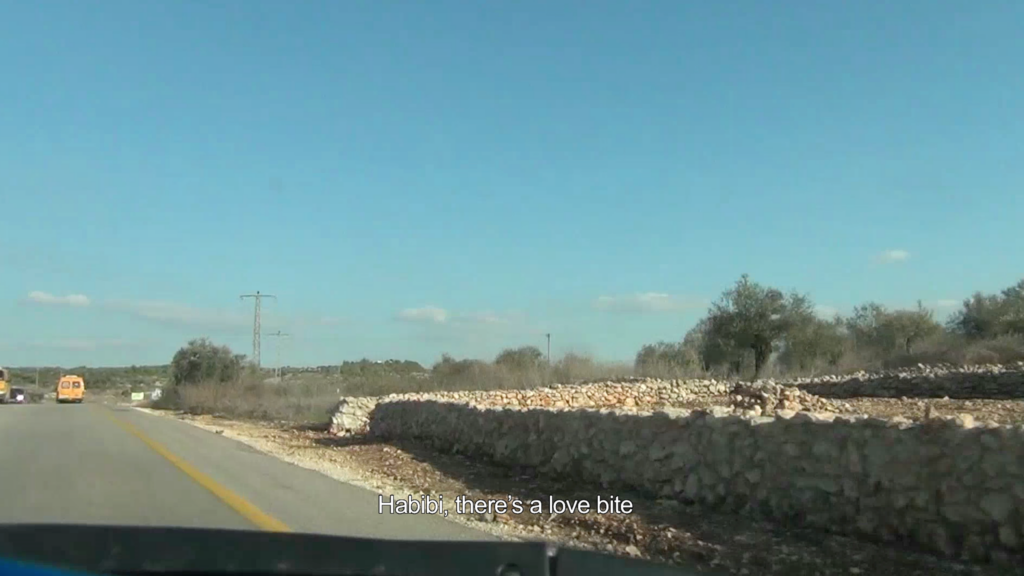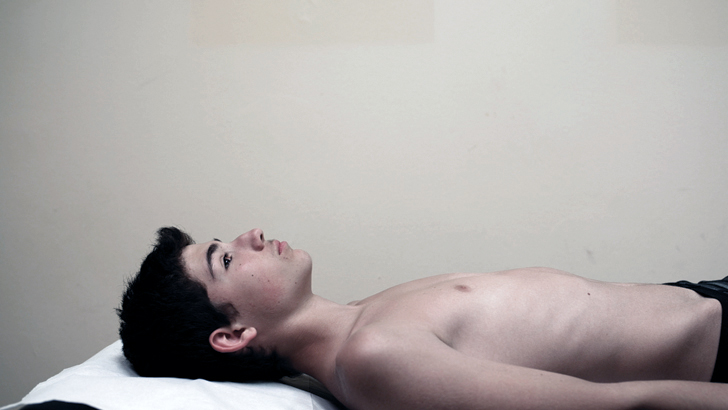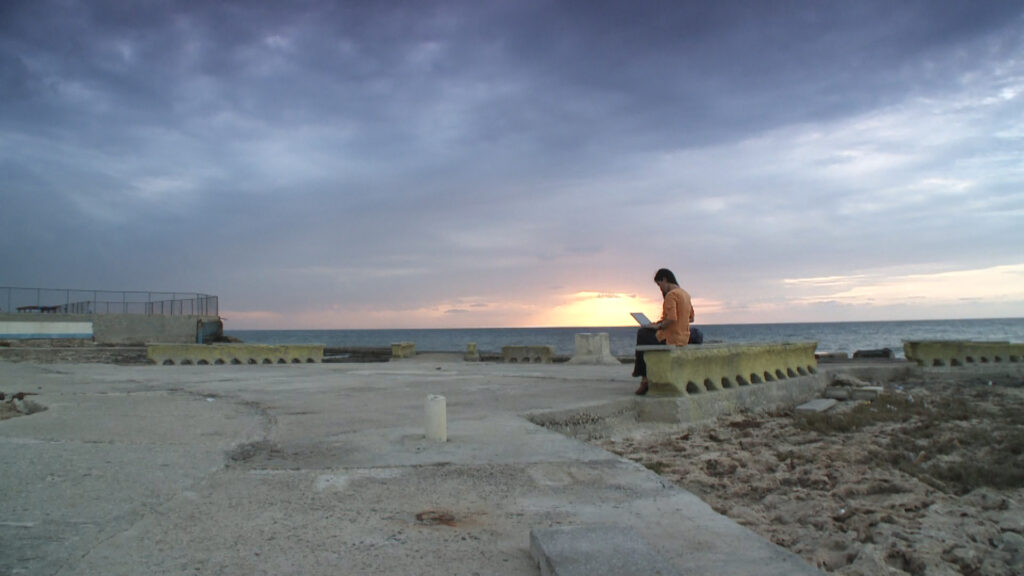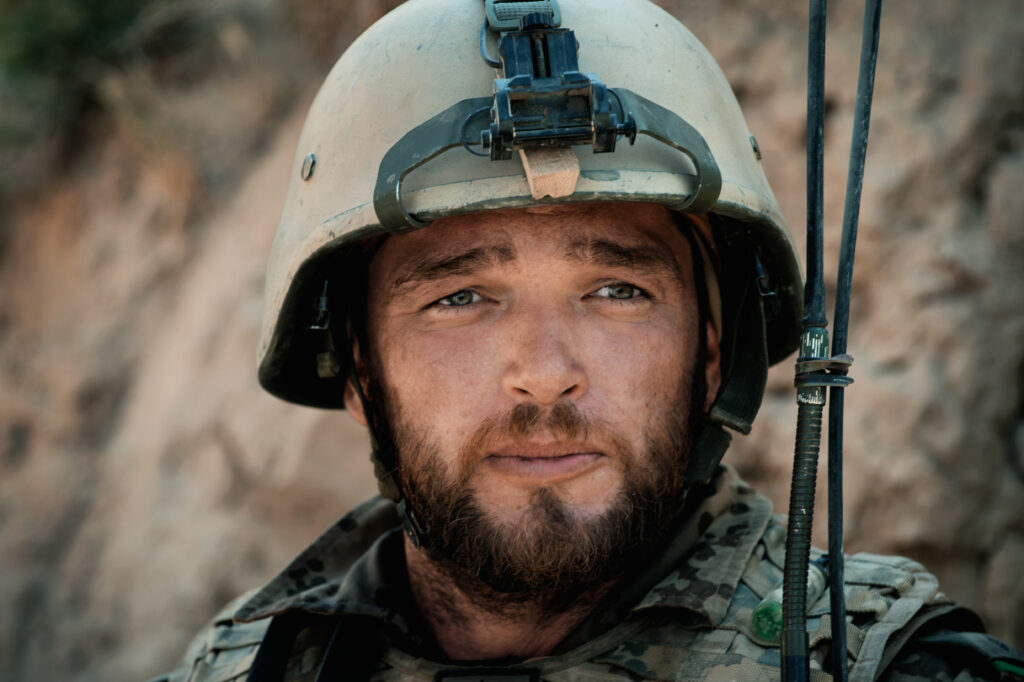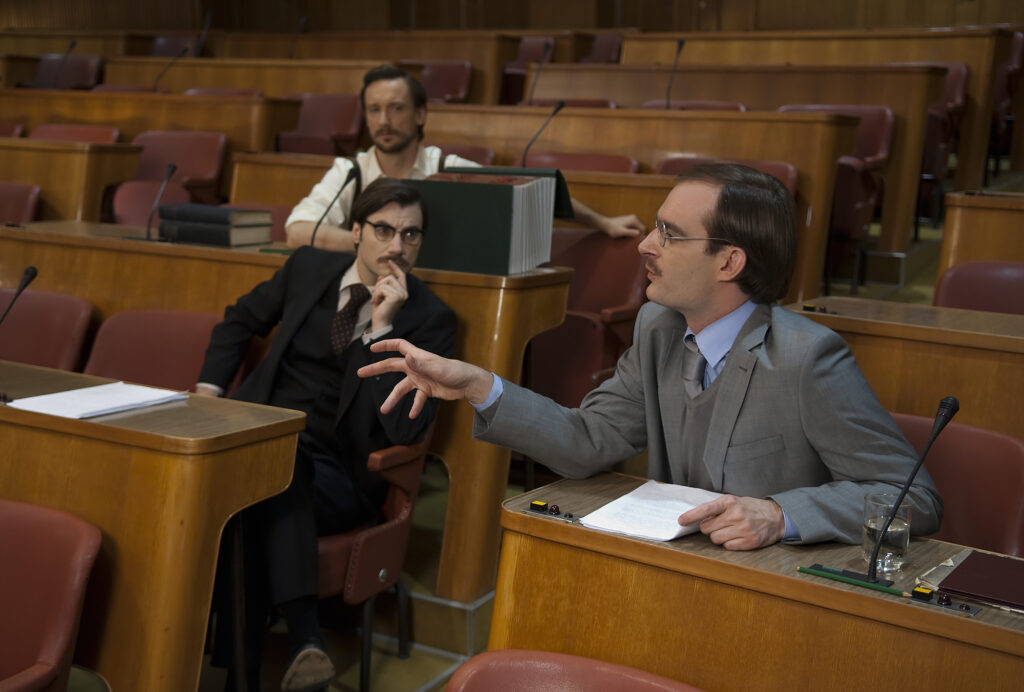Secondary Schools are invited to bring students to watch a dedicated screening of short films from our Fantastika series, introduced by BFMAF Associate Programmer Herb Shellenberger.
Artist, writer and curator Morgan Quaintance presents his new film Another Decade, alongside a programme of material that extends and details themes within it.
Another Decade combines archive and found footage from the 1990s with recently shot 16mm film and standard definition video. Starting from testimonies and statements made by artists and art historians during the 1994 INIVA conference ‘Towards a New Internationalism’, Another Decade ranges across diverse cultural territory, and is propelled by a sense that very little socio- cultural or institutional change has taken place in the United Kingdom since that time.
The dynamic tension explored in the work is between, on the one hand, art world actors speaking a truth to institutional power and, on the other, lived realities of London’s multiracial citizenry. Those who necessarily inhabit a centre of otherness.
These are positions that are drawn out in the selection of films that make up the accompanying programme. A suite of new works made by Quaintance—including a rumination on British Empire and the English countryside set to the words of Jimmie Durham, as well as a work examining the artist’s experiences growing up in South London—will be accompanied by several clips from a video pen pal exchange project facilitated by artist Russell Newell in 1994–95. Exchanged between kids in London and Los Angeles, the videos show participants talking about their neighbourhoods, giving tours of their schools, and discussings aspects of their culture like music, fashion and gangs.
While recent attention paid to the ’90s casts a largely apolitical view over the decade, this range of films seek to exhume evidence buried in the shallow grave of cultural amnesia of another, more political, more iconoclastic and more confrontational decade.
Translation, transformation and transition: the final 2018 Berwick New Cinema competition programme focuses on shifting perspectives, the tension between the real and the virtual, and the relationship between mental and physical landscapes.
Q&A with filmmakers Tako Taal & Callum Hill.
Somewhere in Burma, a forest rich in amber is controlled by the Kachin Independence Army. For most of the inhabitants, amber mining is their only means of subsistence. Working in harsh conditions under constant threat from the government army, these forest villagers live in fear and despair, with a future as dark as the end of the mining tunnel. Blood Amber is a richly cinematic documentary experience.
Glittering and shimmering moments: the tender touch of your child; the lumbering gait of a dancer dressed in an improbable costume; the luxury of a well-earned day off work. These glances, snapshots and memories are bound together in films alternating between the mundane and fantastic.
Q&A with filmmaker Beatrice Gibson
Part political satire, eco-horror and road movie, TERROR NULLIUS is a counterculture film which offers an un-writing of Australian national mythology. Using existing film footage as raw material, the project works entirely within—and against—the official archive in order to achieve a queering and othering of Australian cinema. Envisaged as ‘A Political Revenge Fable In Three Acts’, TERROR NULLIUS is a world in which minorities and animals conspire, and not-so- nice white guys finish last. Where misogynistic remarks are met with the sharp beak of a bird or the jaws of a crocodile, and girl gangs rule the highways. Within this fable, Skippy the Bush Kangaroo schools his young pal Sonny on intersectional feminism, a house is haunted by the spectre of queer Australia, the mystery of Hanging Rock is resolved and a bicentennial celebration is ravaged by flesh-eating sheep.
TERROR NULLIUS lays bare a paradoxical vision of Australia as a nation where idyllic beaches host race-riots, governments poll love-rights and the perils of the natural environment are overshadowed only by the enduring horror of Australia’s myth of ‘terra nullius’. It’s a beautiful, bloody mix of the historical and the speculative, the grindhouse and the art house. Not a definitive counter-narrative but a meticulous ramshackle of connections that delivers an open invitation to a further cultural conversation.
I wouldn’t want to belong to any club that would have me as a member. That includes Chauvin-ists; children who disturb corpses; frightened men living in a matriarchal society; or a film crew consisting of a slime robot, talking mandrill and lesbian couple whose relationship crumbles under the glow of bisexual lighting.
Q&A with filmmakers Hardeep Pandhal & Benjamin Crotty
Shine bright. Portraits of a nomadic musician and an animatedly-perverse single father butt up against a simulacrum of the Middle East and a tactile inquiry into the natural world. Taken together, expressions of personal, political, spiritual, mystical and sexual agency provide powerful statements of either resistance to or complicity in an increasingly commodified world.
Sensory, colourful and widescreen, the forest is already naturally cinematic.
Since the turn of this century, the forest has fascinated a new generation of global art filmmakers who have chosen the forest as a space for their creative exploration. ‘Screening the Forest’ takes nature as its point of departure by weaving together cinematic forests from India, Japan, Singapore, South Korea, Taiwan, Thailand, Vietnam and the Philippines. In some cases, the forest may even refer to nothing but a world construed as its own territory.
Like the real forest, where many genuses of trees coexist, the programme emphasizes that cinema is constructed not only culturally and aesthetically, but also ecologically or even animistically. As new strategies and interpretations of the forest emerge from a variety of Asian filmmakers, new trees can be sowed within our own imagination.
Q&A with curator Dr. Graiwoot Chulphongsathorn
Shot in Colombia, The Magical State depicts the possession of a Wayuu woman by a 40 million year old oil demon. Framed as an interrogation, an off-screen male voice challenges the woman, who gazes back directly into the viewer’s eyes, placing a curse on ‘man’, the species who have woken it from geological time. The violence of natural resource extraction—and the resulting violation of land rights—are reflected in the demon’s iridescent-coloured rage and stroboscopic movements.
Agnieszka Polska’s unsettling perspective on humanity takes the form of an animated child-faced sun with melancholy eyes. Digitally sourced images paint a frantic image of a crumbling world. From a distance, the sun jokes about environmental issues and comments on the tumultuous times in which the world finds itself.
The film borrows its title from a poem by Polish poet of the realist/positivist style Maria Konopnicka (1842–1910). The poem ‘What the sun has seen’ recounts in a childish style the quotidian, peaceful rural activities and happy family life of the nation in the countryside, as observed by the sun on its daily journey across the sky. Polska offers her own dark, ironic version of the poem, dealing with contamination by information (information waste) and the role of the ‘helpless observer’ who, like the ‘Angel of History’ in the well-known adage by Walter Benjamin, can only look at the debris piled by lived time without being able to intervene.
Bodies as markers and makers of change. Desirable and desiring, abject, vulnerable, undignified, flawed and fragile, caught between the mundane and the mythological, the domestic and the supernatural. What shines through are the social, political and emotional ramifications of corporeal transgression.
Accompanying the Festival’s exhibitions programme, the Berwick New Cinema Competition features resolutely contemporary films that transgress restraints of genre, capital and expectation. Doubling in size since its first iteration in 2016, it is one of the Festival’s ambitions to develop dialogue around different presentation potentials for the moving image.
A drive towards liveness and agency provides a critical framework for selections.
This year’s jury are 2016 Berwick New Cinema Award winner Camilo Restrepo, artist and curator Amal Khalaf (Serpentine Gallery and GCC Collective) and film programmer Joanna Raczynska (National Gallery of Art, Washington).
From hundreds of entries responding to our Border Crossing theme, we bring you some of the best short films and artists’ videos from across the world as part of the 2nd Inntravel Short Film Award.
Galb’Echaouf delves into the idea of amnesia as the result of an extreme and destructive political context which generated shame and guilt. Conflicts put an end to freedom of movement, and most importantly, to the transmission of types of knowledge passed down over centuries. It is fuelled by the statements and silences of the inhabitants of the region, but also by non-human knowledge present in plants and landscapes.
In Maat means Land, Fox Maxy (Ipai Kumeyaay and Payómkawichum) has created an intoxicating and urgent film collage that gives invigorating expression to contemporary Indigenous identity, culture and experience. Exploring the question, “what does it mean to come from somewhere?”, Maxy pays homage to the land and his surroundings, whilst challenging us to think about the painful and multi-layered histories that exist within territories scarred by settler colonialism.
Manifesto establishes a multifaceted portrait of an arts academy which has been recently subsumed into a large national university. Through frank and revealing discussions with students, teachers, administrators and other staff, Ane Hjort Guttu establishes links between seemingly disparate topics—from architecture and surveillance to neoliberalism and dysfunctionality—embedded within the framework of contemporary academia.


